Alternating pressure mattresses are specifically designed to help prevent and treat bed sores. These mattresses use air cells that inflate and deflate in a pattern, shifting the pressure on different parts of the body to promote blood flow and reduce the risk of developing pressure ulcers. They are often used in hospitals and long-term care facilities, but can also be used at home for those who are at risk for bed sores.Alternating Pressure Mattresses
Low air loss mattresses are another type of mattress commonly used to prevent and treat bed sores. These mattresses have small holes that allow air to circulate and escape, reducing the build-up of heat and moisture that can contribute to skin breakdown. The constant flow of air also helps to distribute pressure evenly, reducing the risk of developing pressure ulcers.Low Air Loss Mattresses
Pressure relief mattresses are designed to distribute weight more evenly, reducing pressure on vulnerable areas of the body. They are often made with materials such as memory foam or gel, which conform to the shape of the body and provide support and cushioning. These mattresses can be beneficial for those who spend long periods of time in bed, as they help to prevent pressure ulcers from developing.Pressure Relief Mattresses
Memory foam mattresses are known for their ability to conform to the shape of the body, providing support and reducing pressure on sensitive areas. This can be especially beneficial for those at risk for bed sores, as the mattress can help to distribute weight evenly and reduce the risk of developing pressure ulcers. Memory foam mattresses are also known for their comfort and can be a good option for those who spend a lot of time in bed.Memory Foam Mattresses
Gel mattresses are another type of mattress that can provide pressure relief and help prevent bed sores. These mattresses are made with layers of gel, which can conform to the shape of the body and provide support. The gel also helps to dissipate heat and reduce moisture, creating a cooler and drier sleeping environment. Gel mattresses can be a good option for those who are at risk for bed sores and also have issues with heat and moisture.Gel Mattresses
Water mattresses can also be effective in preventing and treating bed sores. These mattresses use water as the main source of support, creating a surface that conforms to the shape of the body and distributes pressure evenly. The constant movement of the water also helps to promote blood flow and reduce the risk of developing pressure ulcers. Water mattresses can be a good option for those who need a high level of pressure distribution and support.Water Mattresses
Air mattresses are a popular choice for those looking to prevent and treat bed sores. These mattresses use air chambers that can be adjusted to different levels of firmness, providing customizable support and pressure relief. Some air mattresses also have alternating pressure options, similar to alternating pressure mattresses, that can help reduce the risk of pressure ulcers. Air mattresses can be a good choice for those who need a highly customizable sleeping surface.Air Mattresses
Adjustable mattresses can be a good option for those at risk for bed sores, as they allow for changes in position and support. These mattresses have sections that can be raised or lowered to provide support and pressure relief where it is needed most. This can be beneficial for those who have trouble getting comfortable in one position for extended periods of time. Adjustable mattresses can also help to promote circulation and reduce the risk of pressure ulcers.Adjustable Mattresses
Medical mattresses are specifically designed for use in healthcare settings, such as hospitals and long-term care facilities. These mattresses are made with materials and features that can help prevent and treat bed sores, such as alternating pressure, low air loss, and pressure relief. They are often used for patients who are at high risk for developing pressure ulcers and can be a good option for those with severe mobility issues.Medical Mattresses
Anti-decubitus mattresses are another type of mattress commonly used in healthcare settings. These mattresses are designed to prevent and treat bed sores by distributing pressure more evenly and reducing the risk of skin breakdown. They often use a combination of features, such as alternating pressure, low air loss, and pressure relief, to provide the best possible support and pressure relief. Anti-decubitus mattresses are a good choice for those who are at high risk for developing pressure ulcers or who have existing sores that need to be treated.Anti-Decubitus Mattresses
The Importance of Choosing the Right Mattress for Bed Sores

Understanding Bed Sores
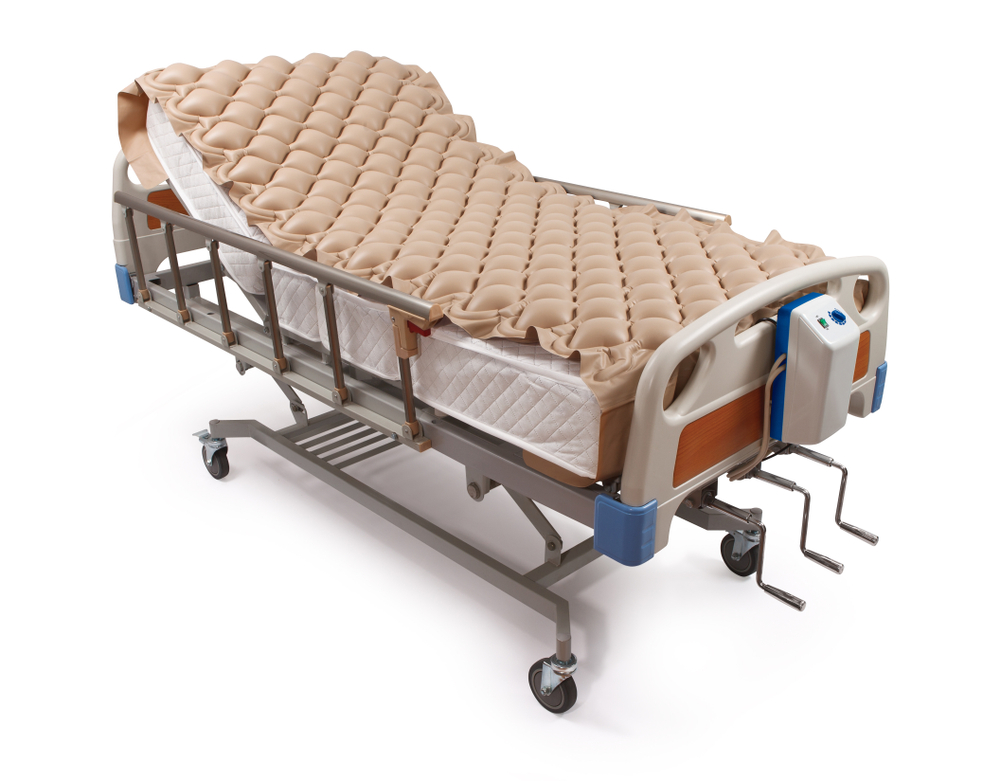 When it comes to caring for those with limited mobility, bed sores are a common concern. Also known as pressure ulcers, these painful wounds are caused by prolonged pressure on the skin, often from lying in one position for too long. Not only are they uncomfortable and difficult to heal, but they can also lead to serious infections if left untreated. That's why it's crucial to take preventive measures and provide proper support for those who are at risk of developing bed sores.
When it comes to caring for those with limited mobility, bed sores are a common concern. Also known as pressure ulcers, these painful wounds are caused by prolonged pressure on the skin, often from lying in one position for too long. Not only are they uncomfortable and difficult to heal, but they can also lead to serious infections if left untreated. That's why it's crucial to take preventive measures and provide proper support for those who are at risk of developing bed sores.
The Role of Mattresses
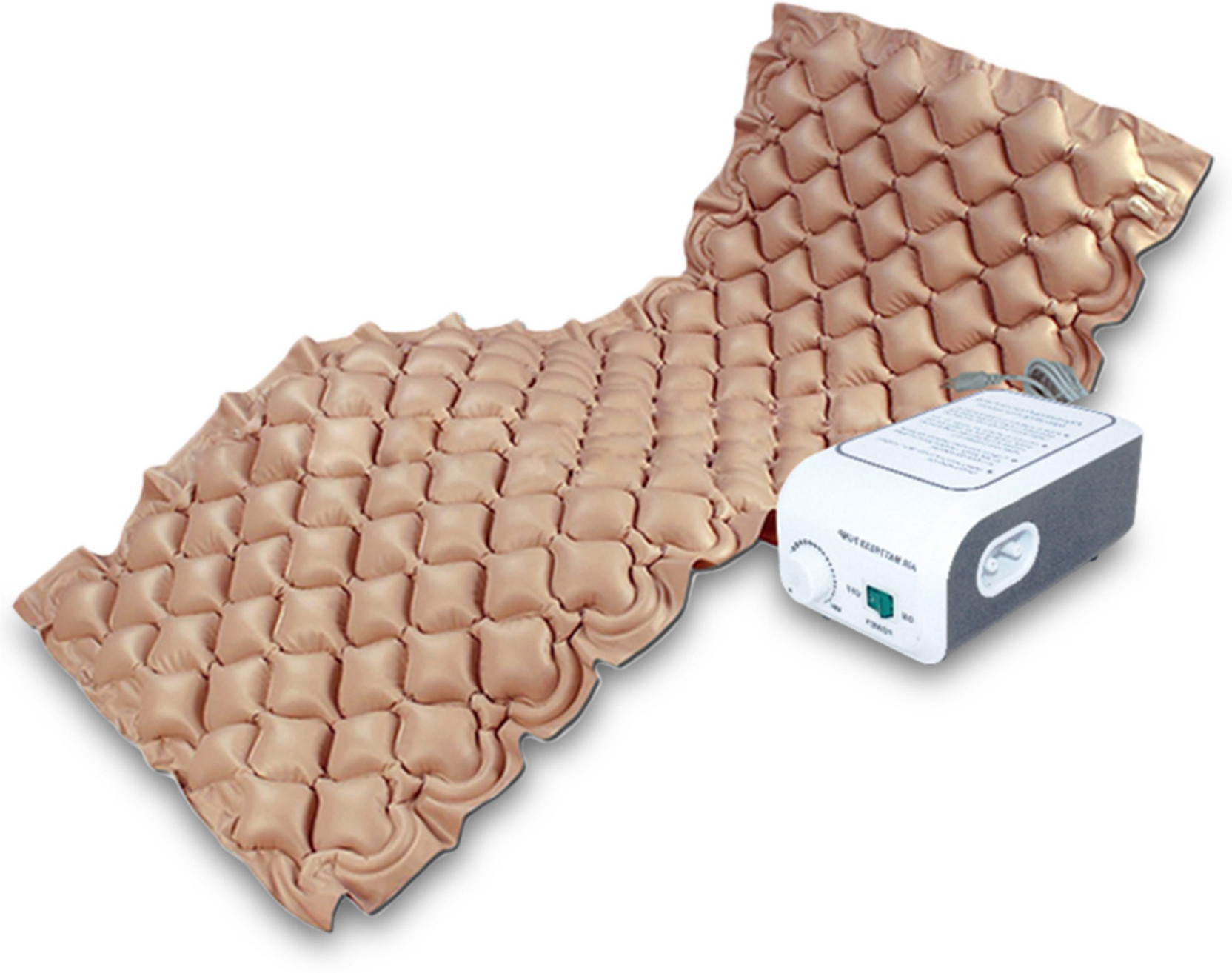 While there are various factors that can contribute to bed sores,
mattresses
play a significant role in preventing and managing them. The right mattress can distribute pressure evenly and reduce the risk of developing bed sores. On the other hand, an unsuitable mattress can aggravate existing sores and even cause new ones to form. That's why it's essential to choose a mattress that is specifically designed for those with limited mobility or those who are bedridden.
While there are various factors that can contribute to bed sores,
mattresses
play a significant role in preventing and managing them. The right mattress can distribute pressure evenly and reduce the risk of developing bed sores. On the other hand, an unsuitable mattress can aggravate existing sores and even cause new ones to form. That's why it's essential to choose a mattress that is specifically designed for those with limited mobility or those who are bedridden.
Considerations for Choosing a Mattress
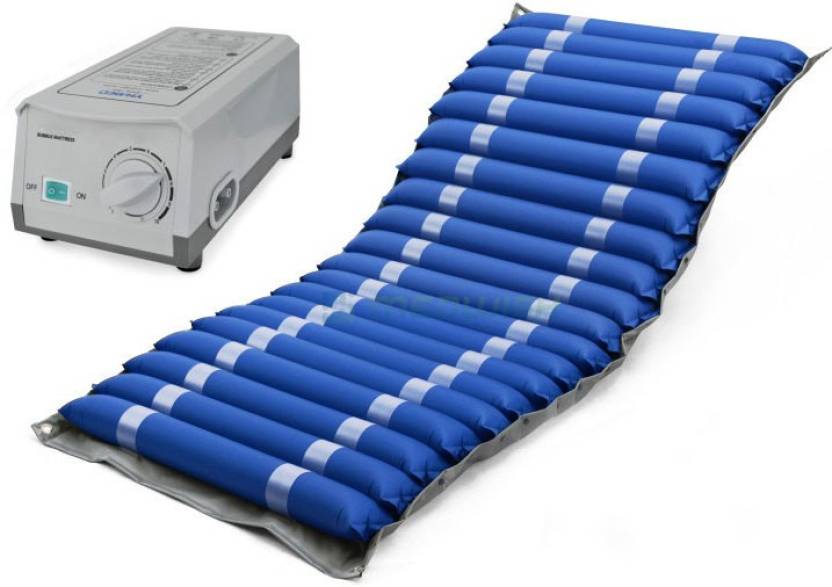 When selecting a mattress for someone at risk of bed sores, there are a few key factors to keep in mind. First and foremost, the mattress should be supportive and distribute pressure evenly to reduce the risk of developing sores.
Foam mattresses
are often recommended as they conform to the body's shape and provide support where it's needed most. Additionally, the mattress should be breathable to allow for proper airflow and prevent moisture buildup, which can lead to skin breakdown.
When selecting a mattress for someone at risk of bed sores, there are a few key factors to keep in mind. First and foremost, the mattress should be supportive and distribute pressure evenly to reduce the risk of developing sores.
Foam mattresses
are often recommended as they conform to the body's shape and provide support where it's needed most. Additionally, the mattress should be breathable to allow for proper airflow and prevent moisture buildup, which can lead to skin breakdown.
Specialized Mattresses for Bed Sores
 For those who already have bed sores, specialized mattresses are available to aid in the healing process. These mattresses are designed with features such as alternating pressure systems, which help to relieve pressure on specific areas of the body. This can promote better circulation and aid in healing existing sores while preventing new ones from forming.
For those who already have bed sores, specialized mattresses are available to aid in the healing process. These mattresses are designed with features such as alternating pressure systems, which help to relieve pressure on specific areas of the body. This can promote better circulation and aid in healing existing sores while preventing new ones from forming.
Final Thoughts
 When it comes to caring for those with limited mobility, choosing the right mattress is crucial for preventing and managing bed sores. Investing in a quality mattress can make all the difference in promoting comfort and preventing serious complications. If you or a loved one is at risk of developing bed sores, be sure to consult with a healthcare professional to determine the best mattress option for your unique needs.
When it comes to caring for those with limited mobility, choosing the right mattress is crucial for preventing and managing bed sores. Investing in a quality mattress can make all the difference in promoting comfort and preventing serious complications. If you or a loved one is at risk of developing bed sores, be sure to consult with a healthcare professional to determine the best mattress option for your unique needs.

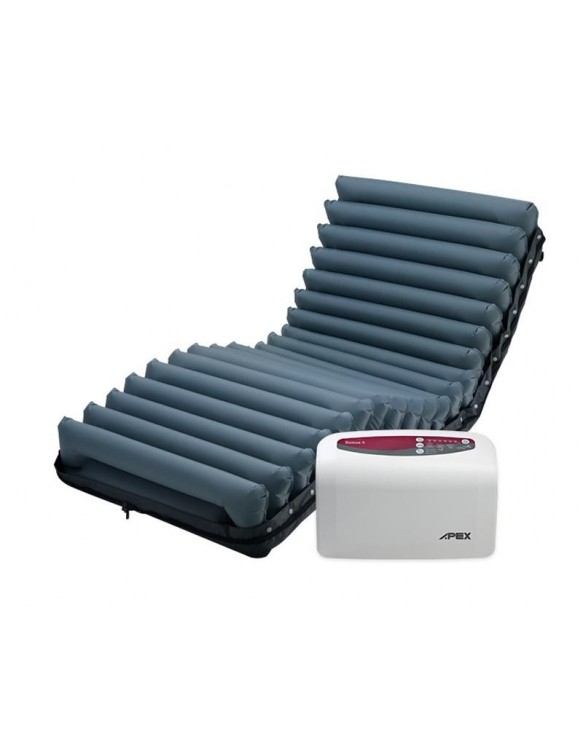

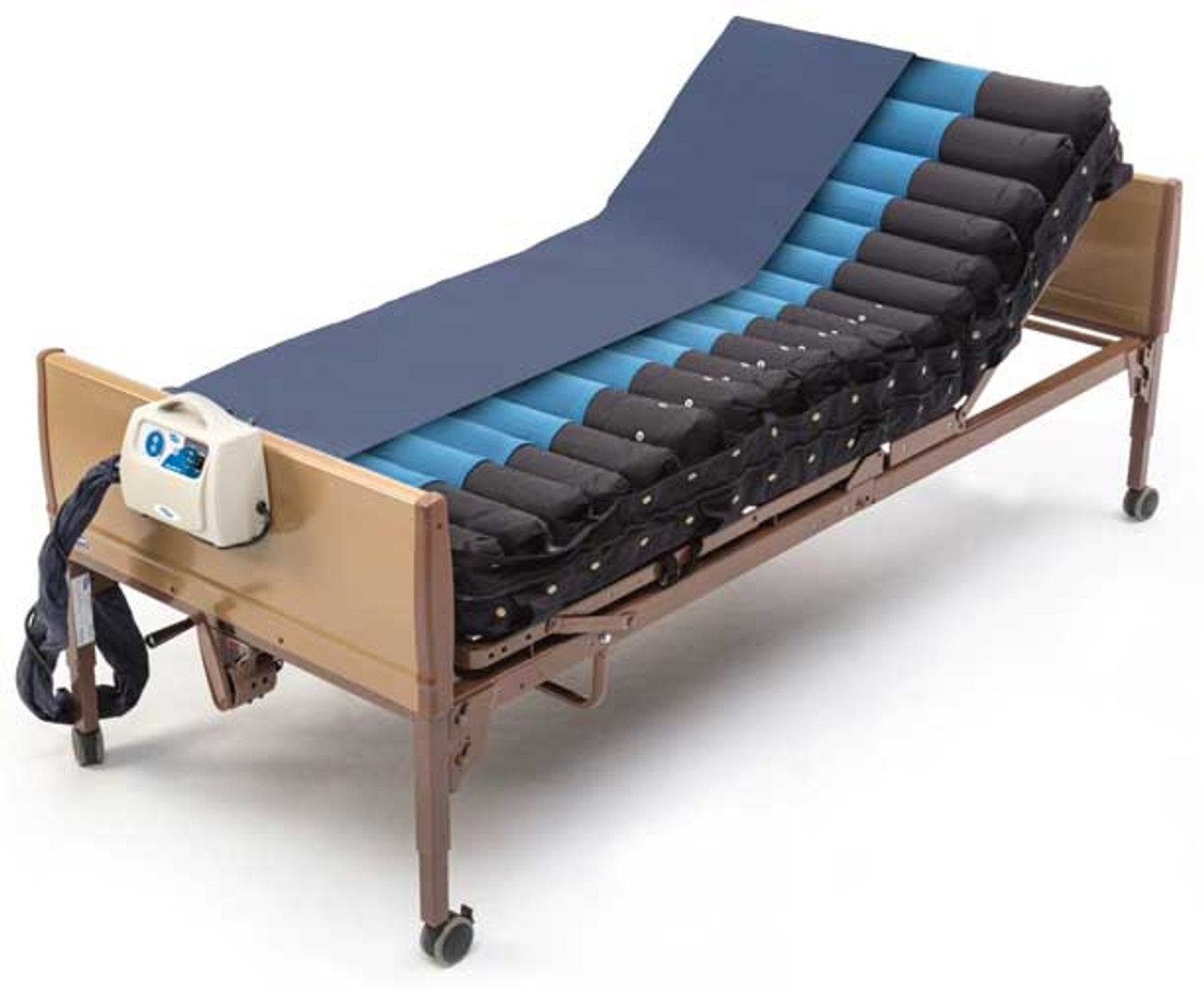
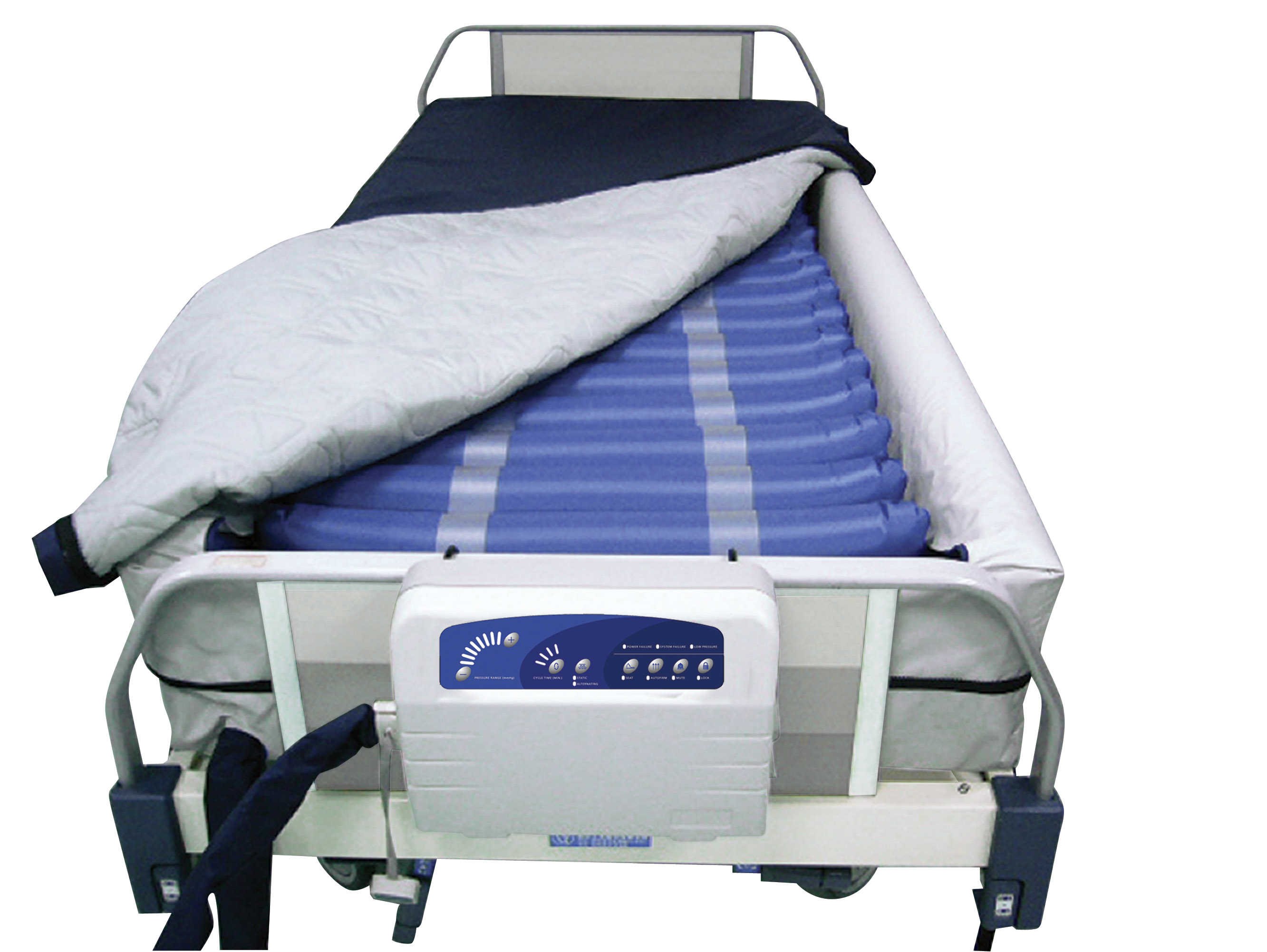
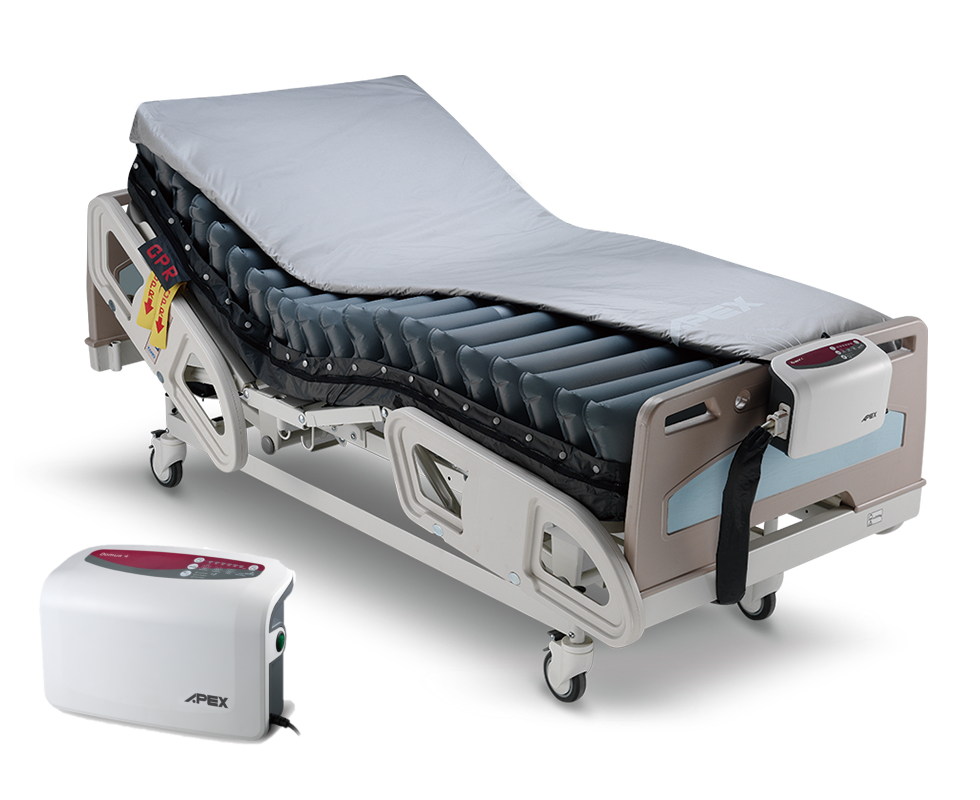

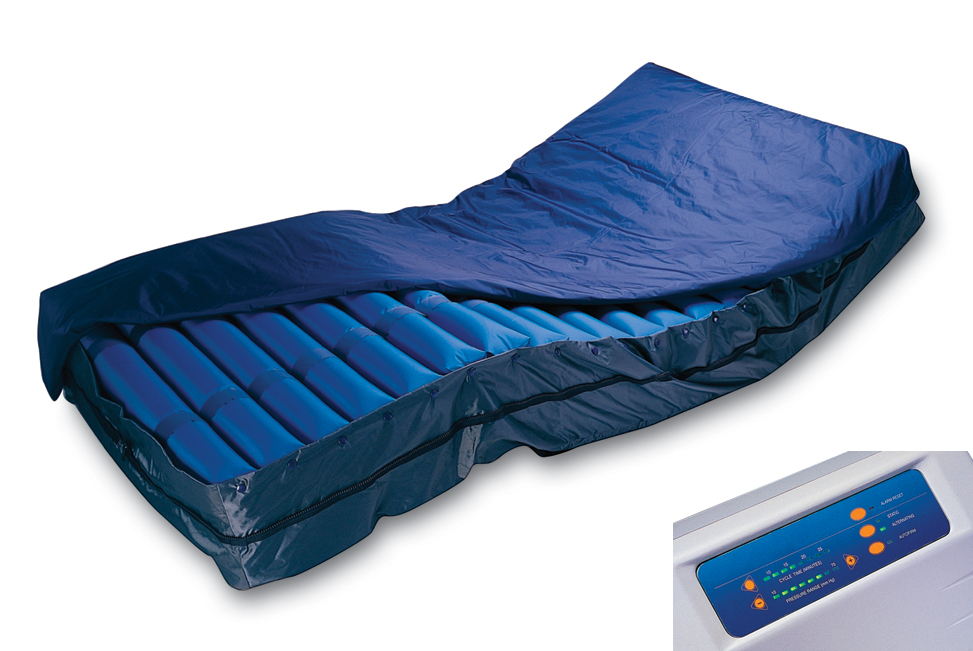




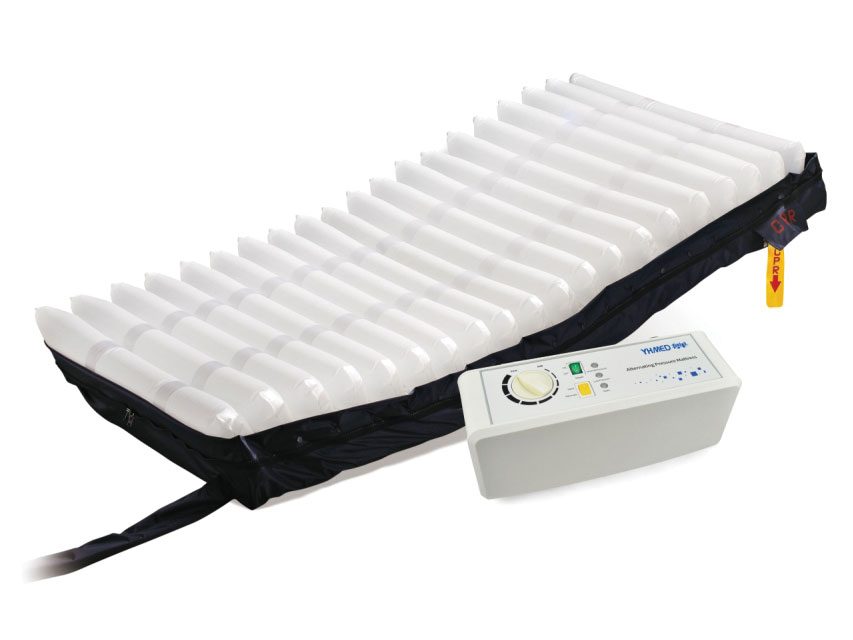
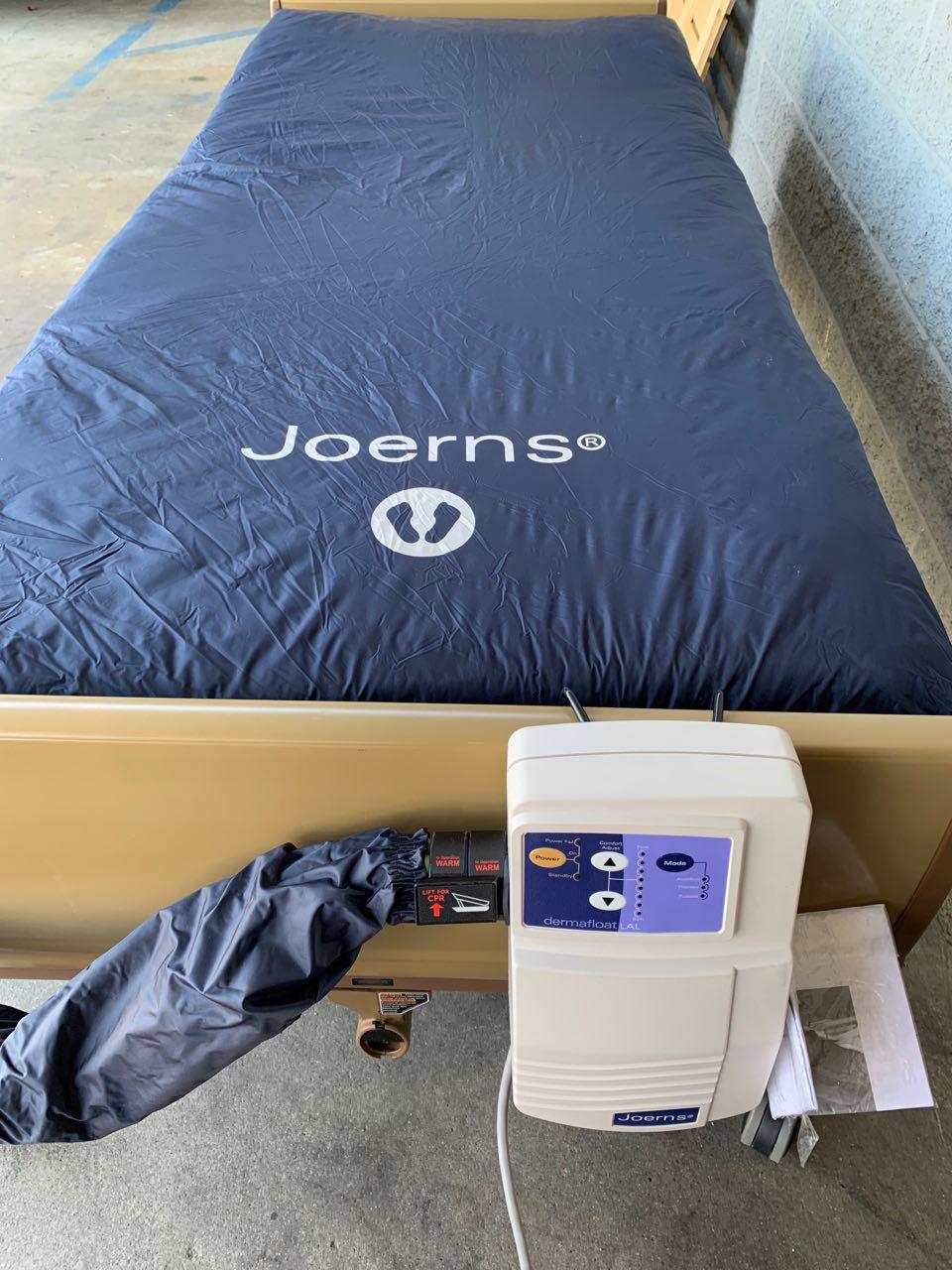


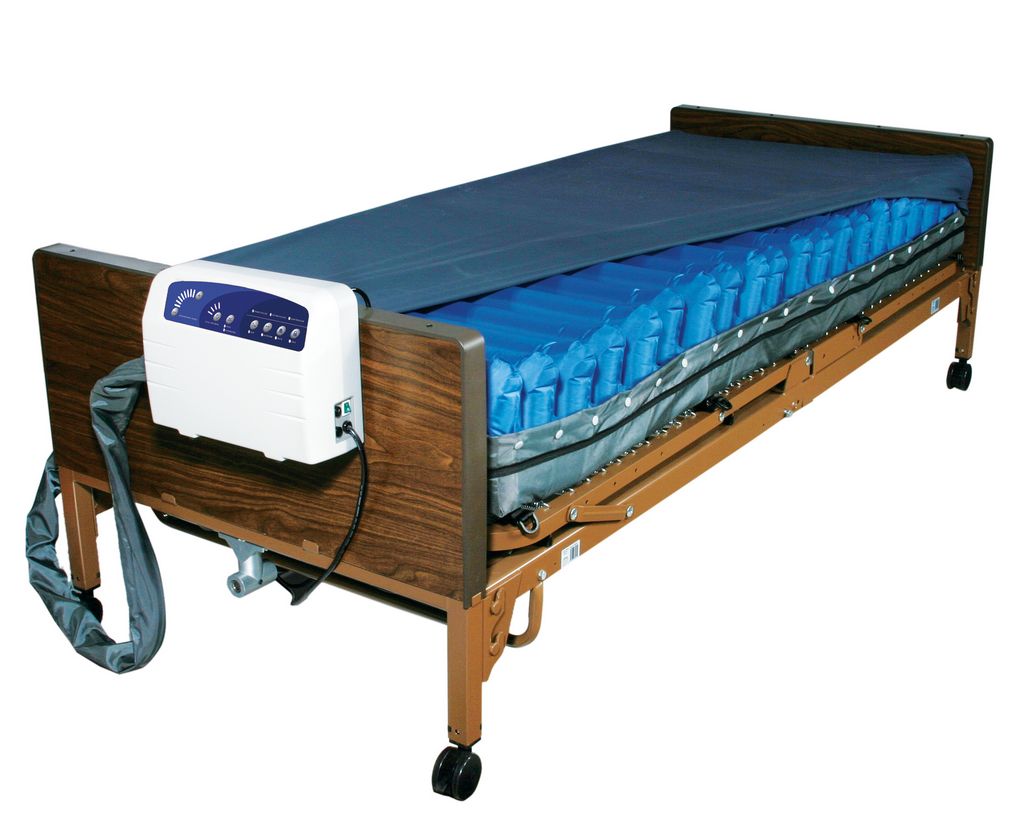
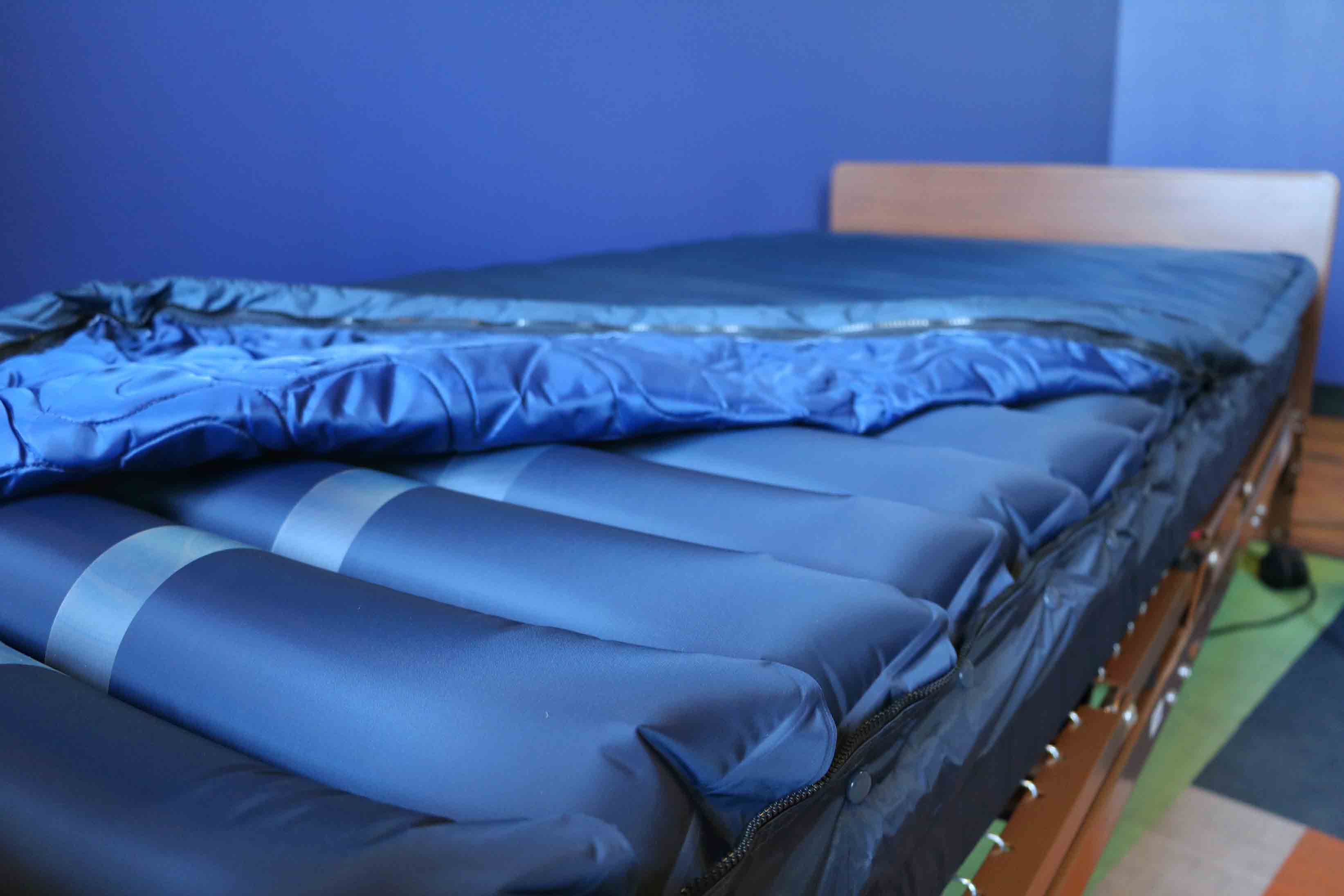

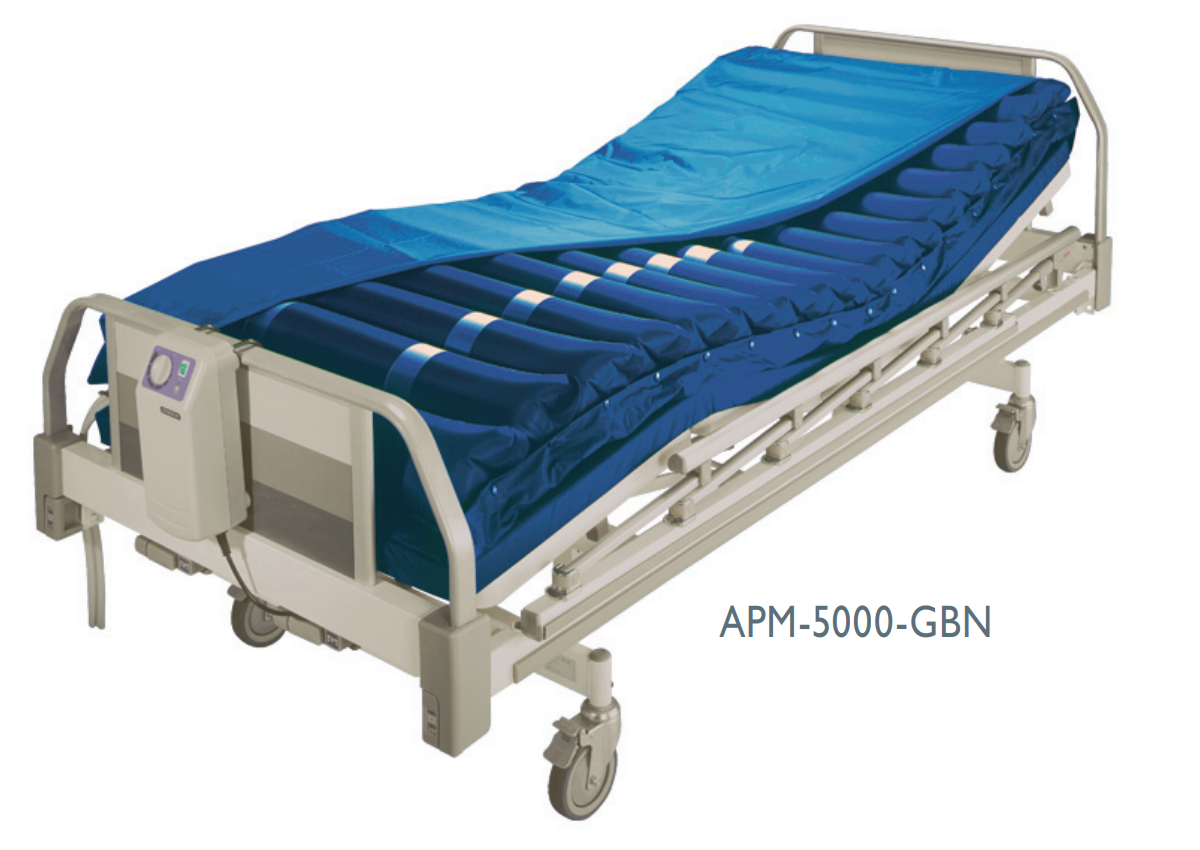
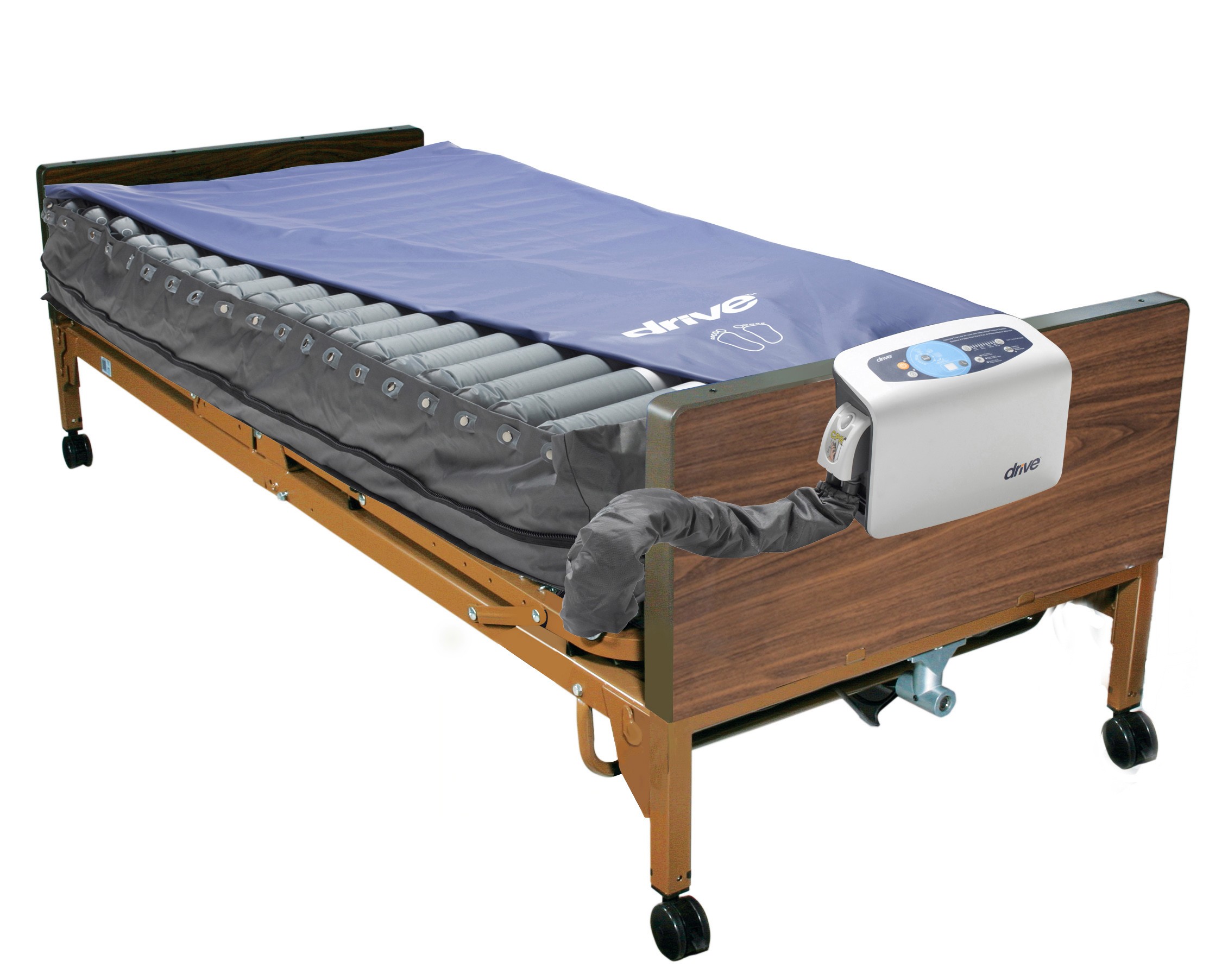

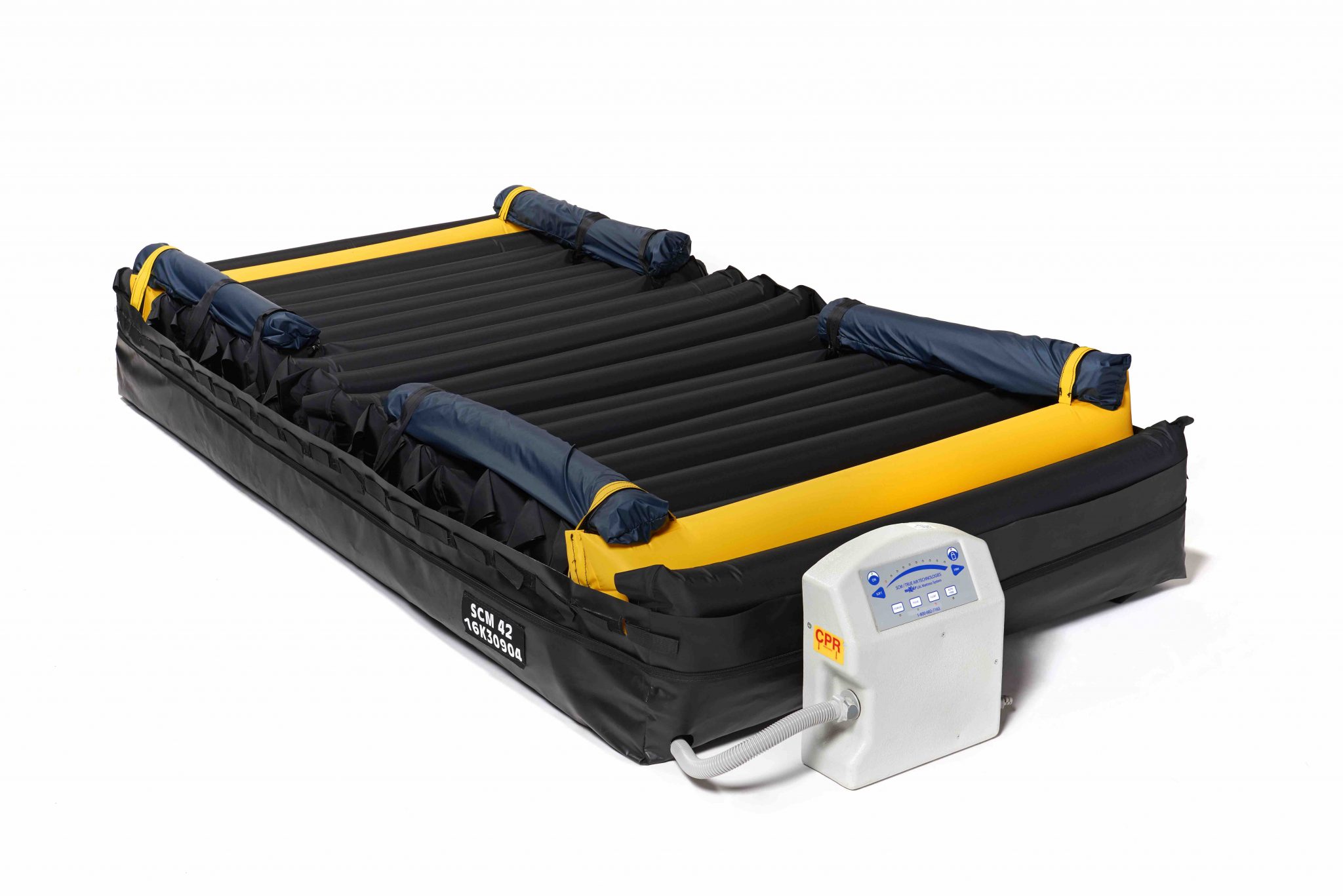

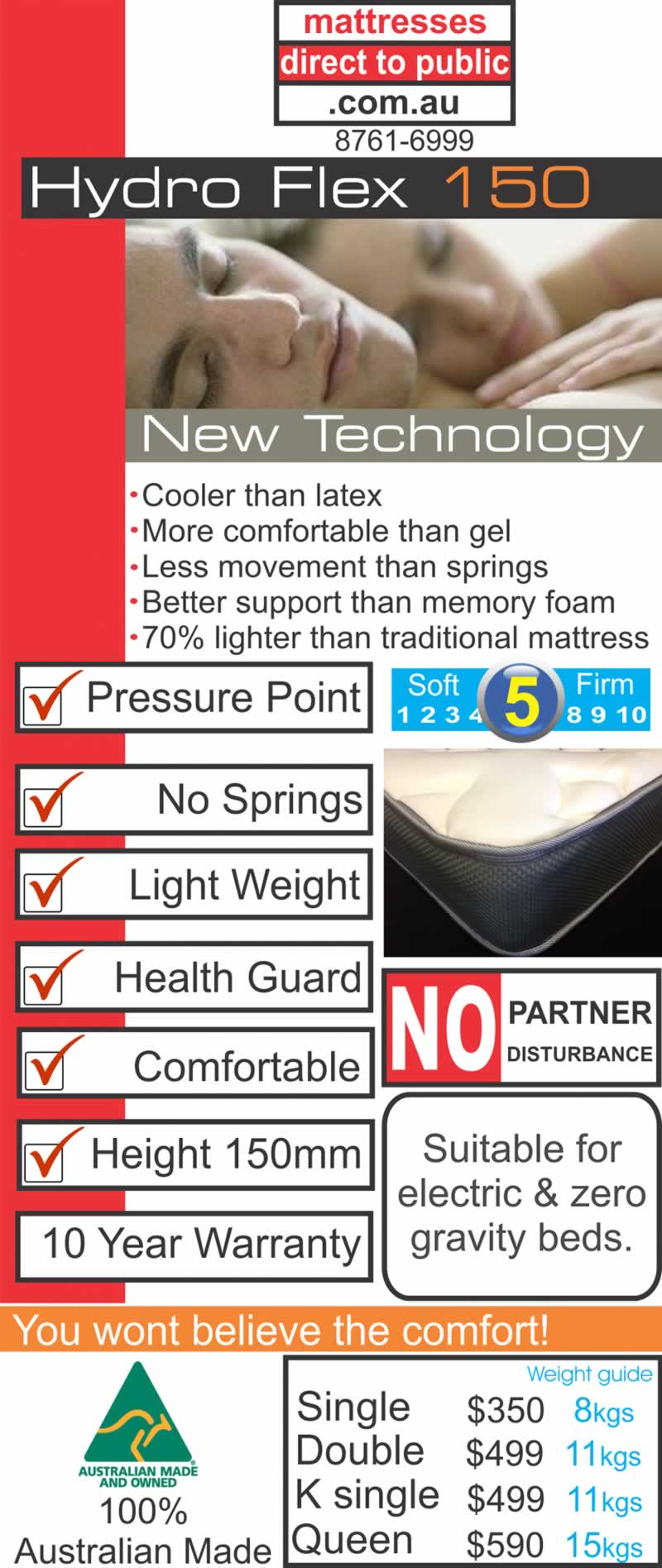
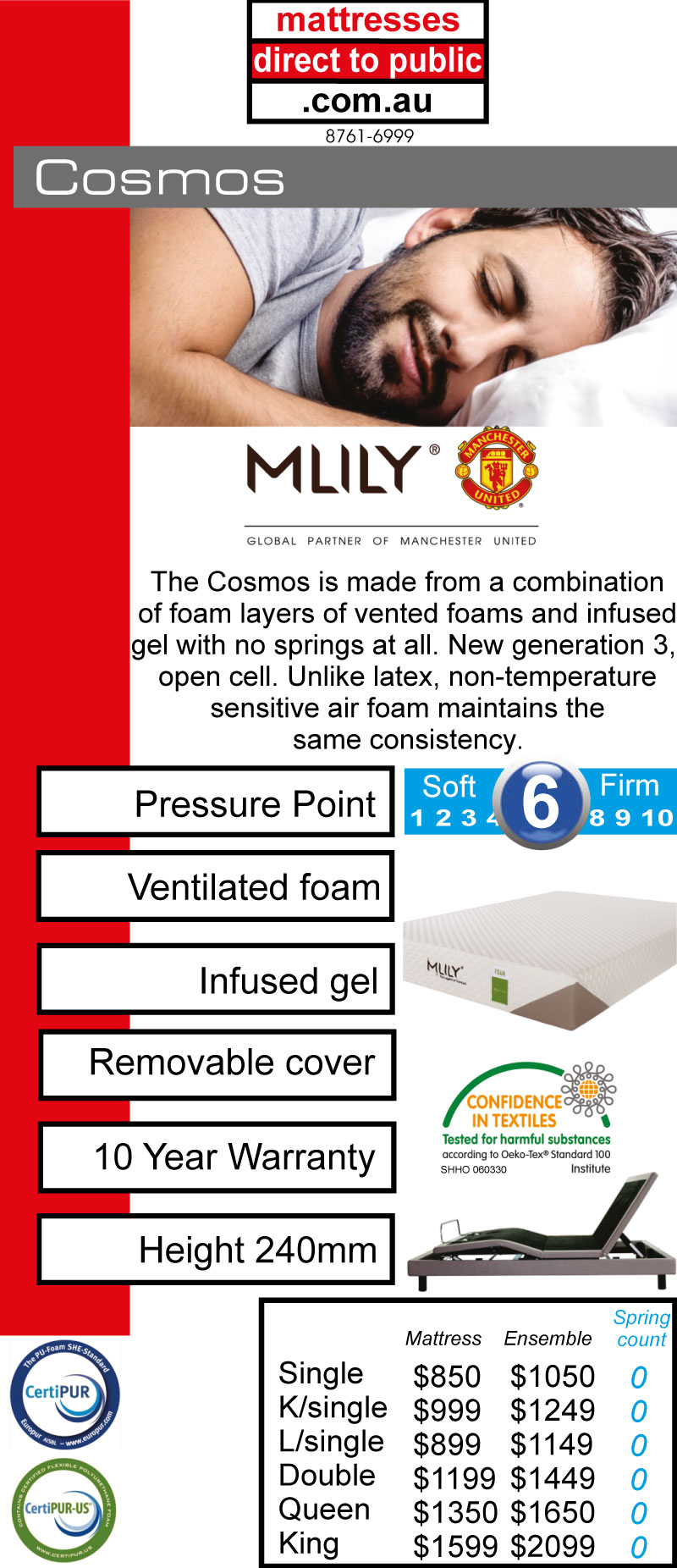
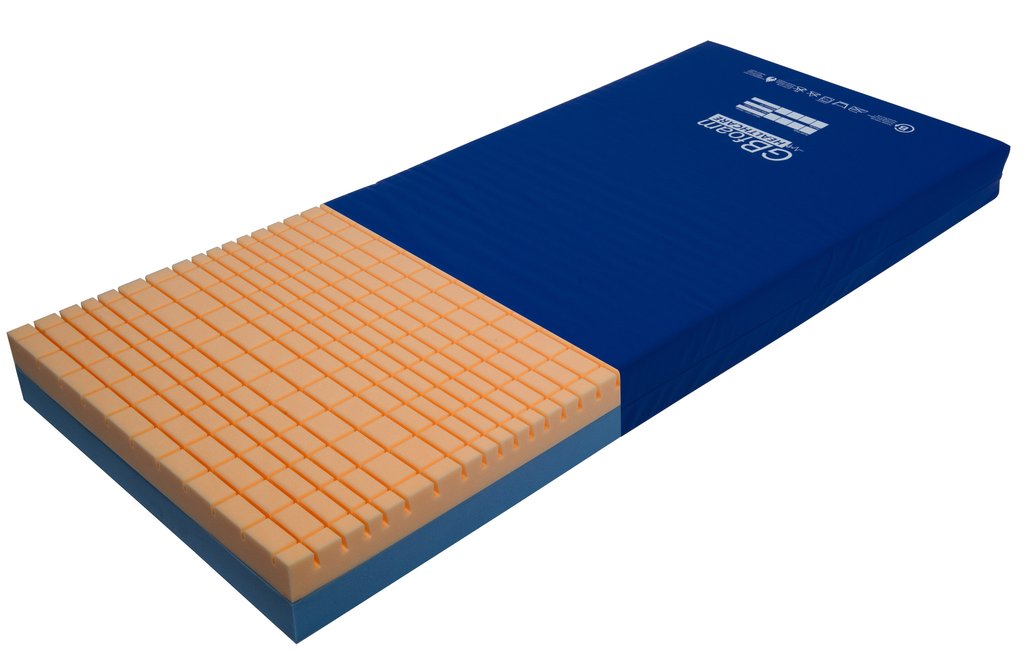
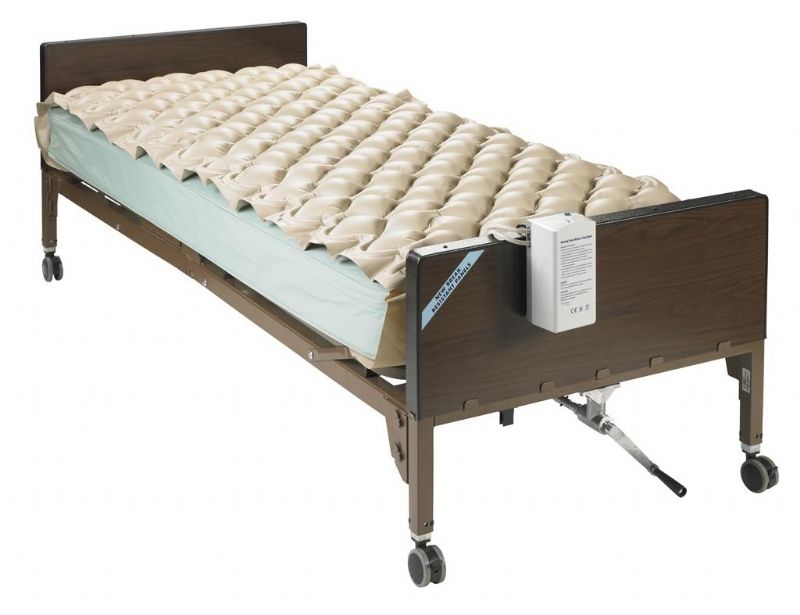
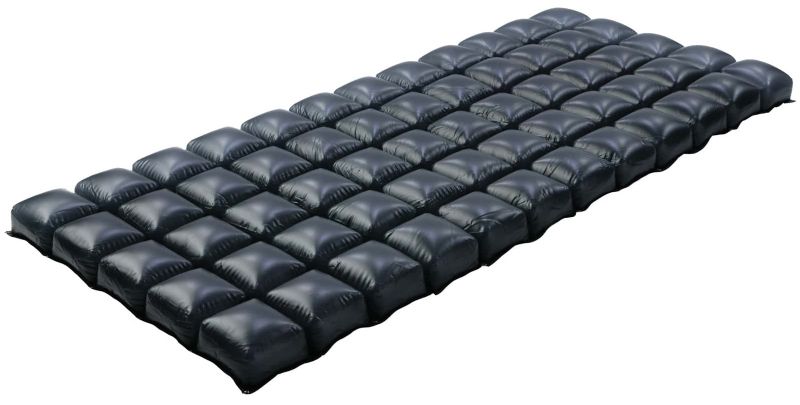

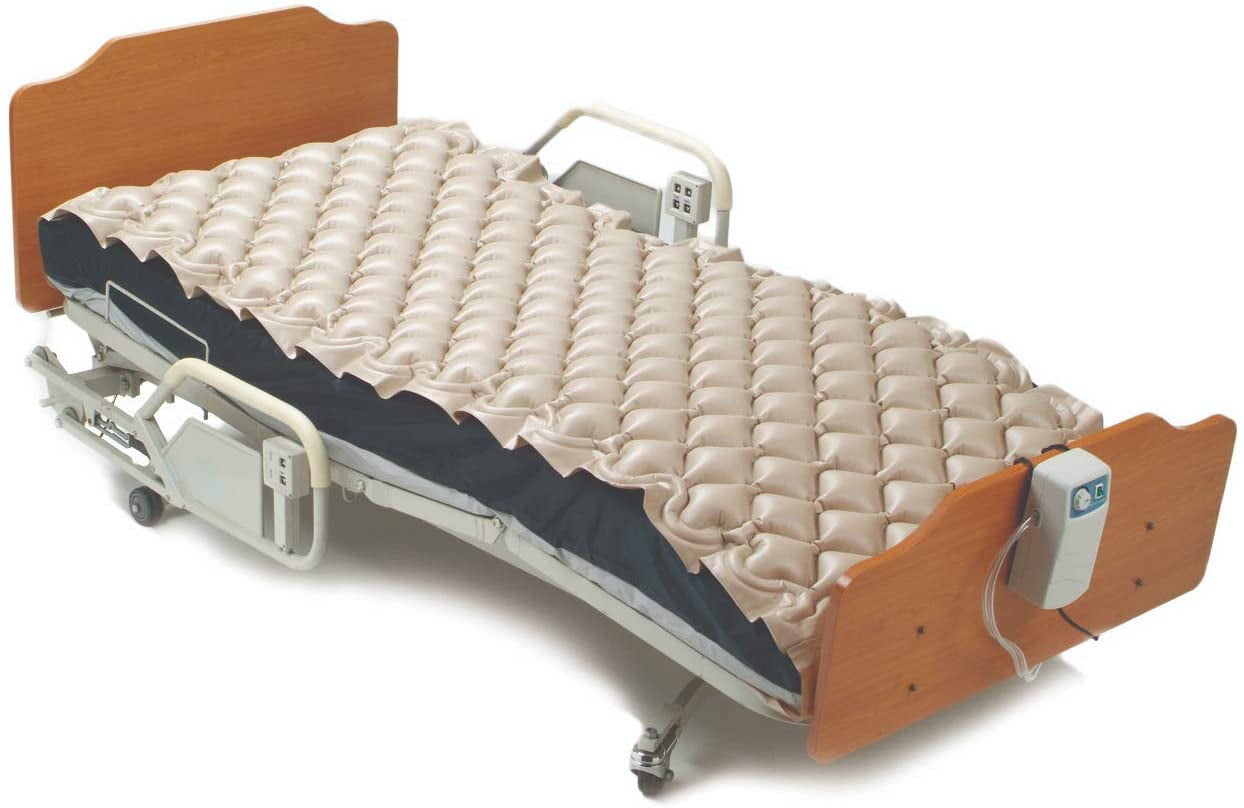


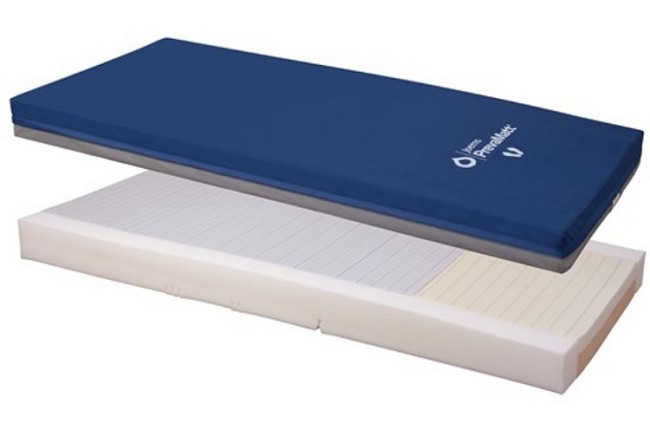


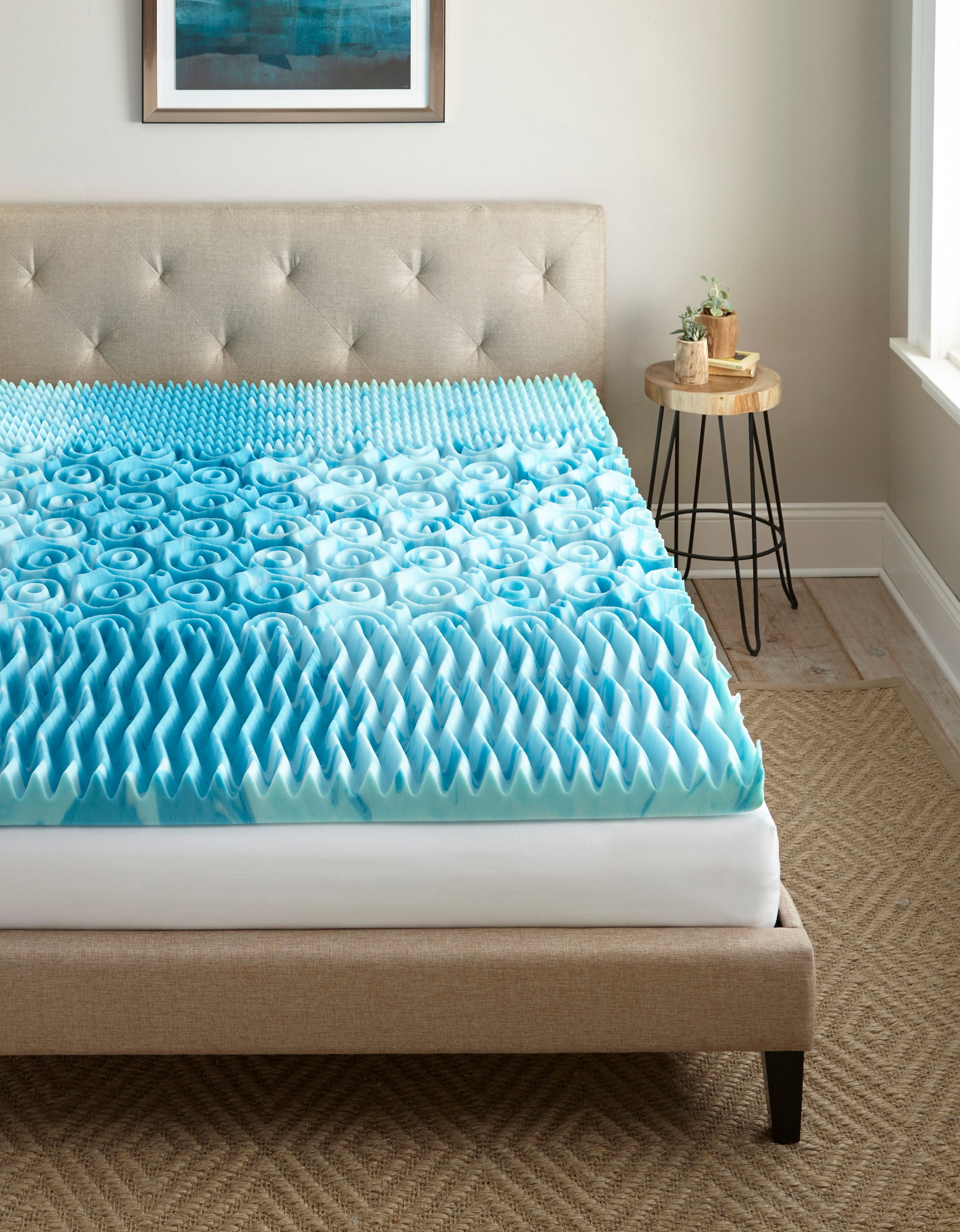



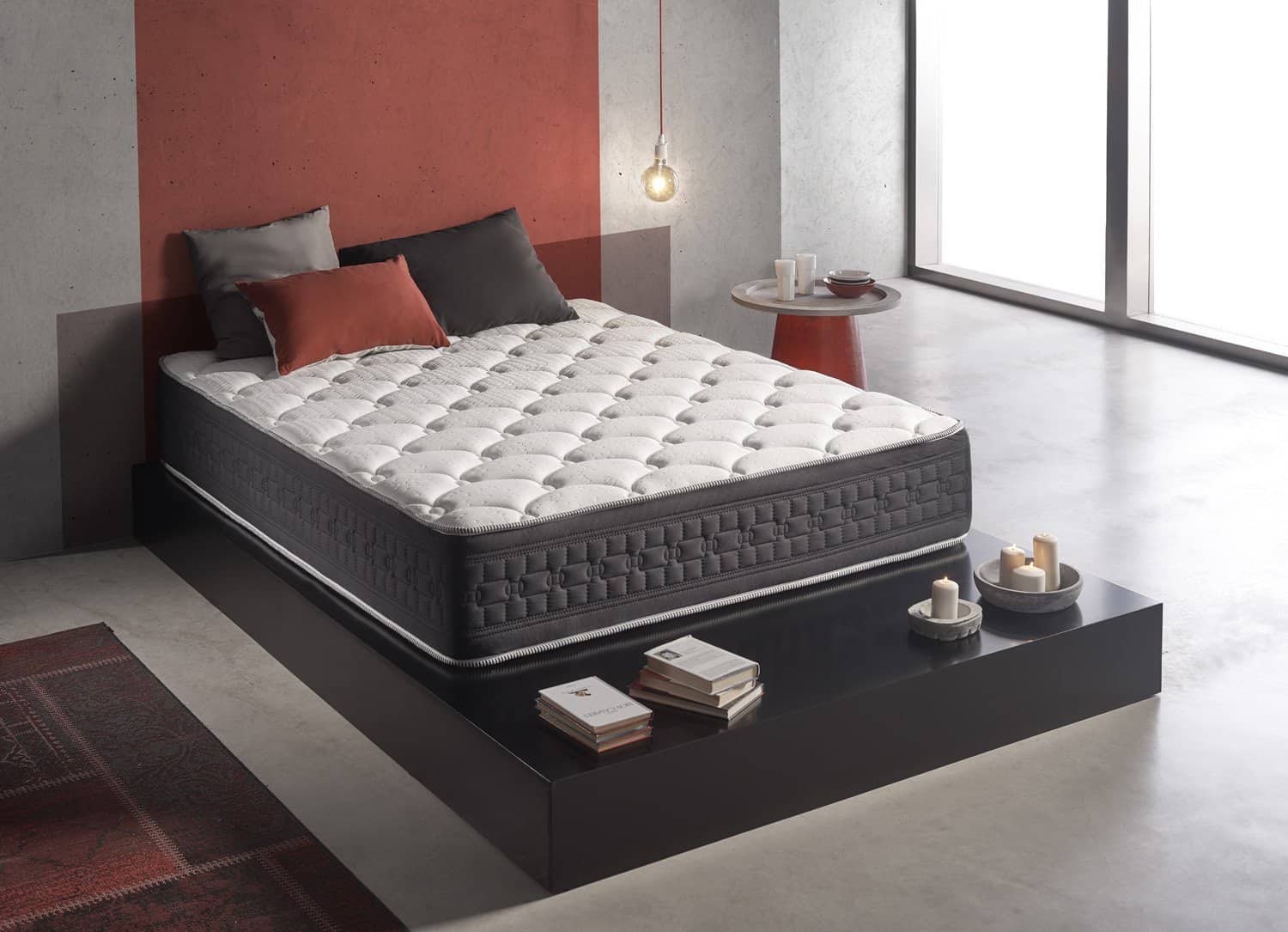





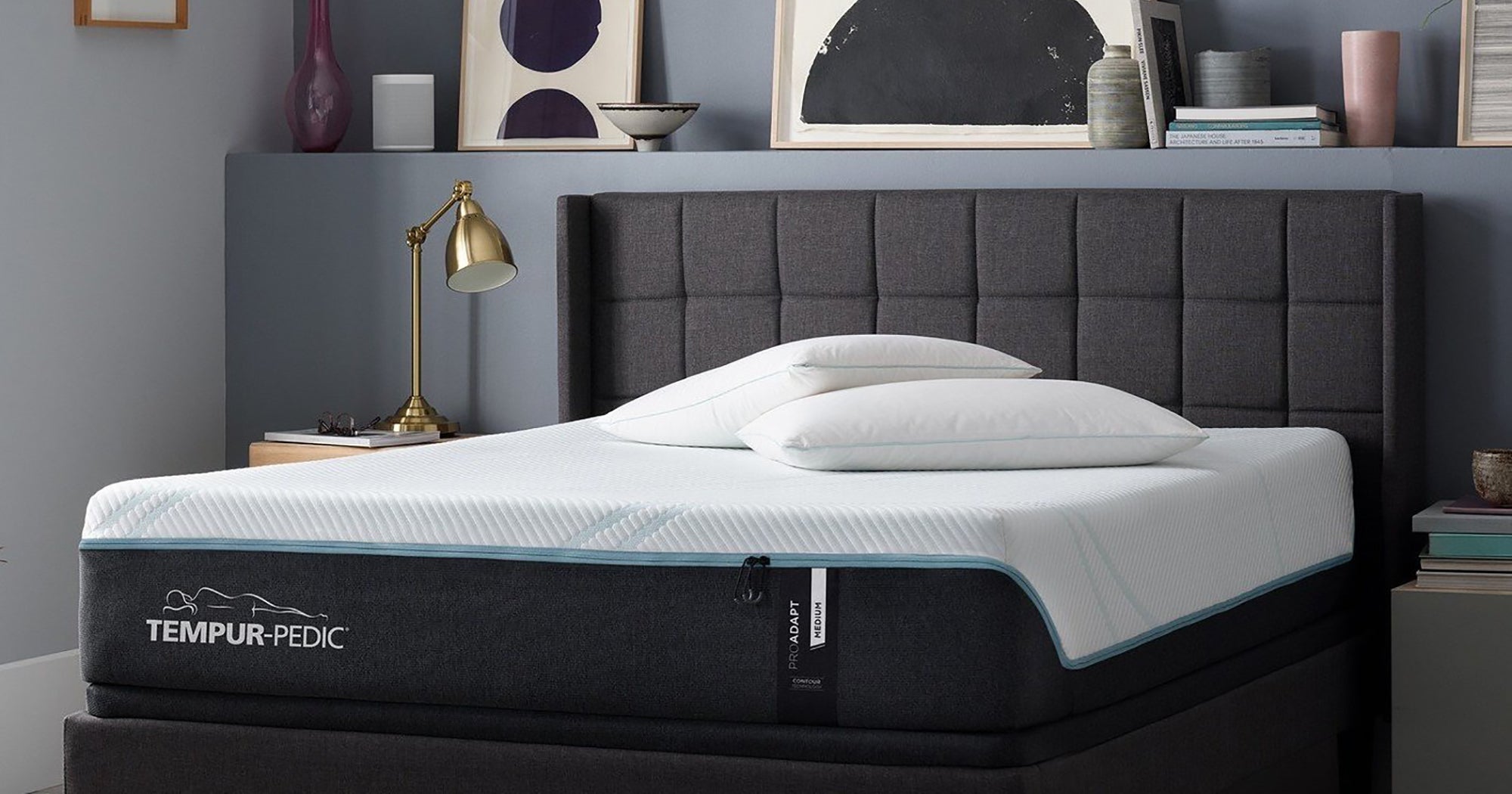

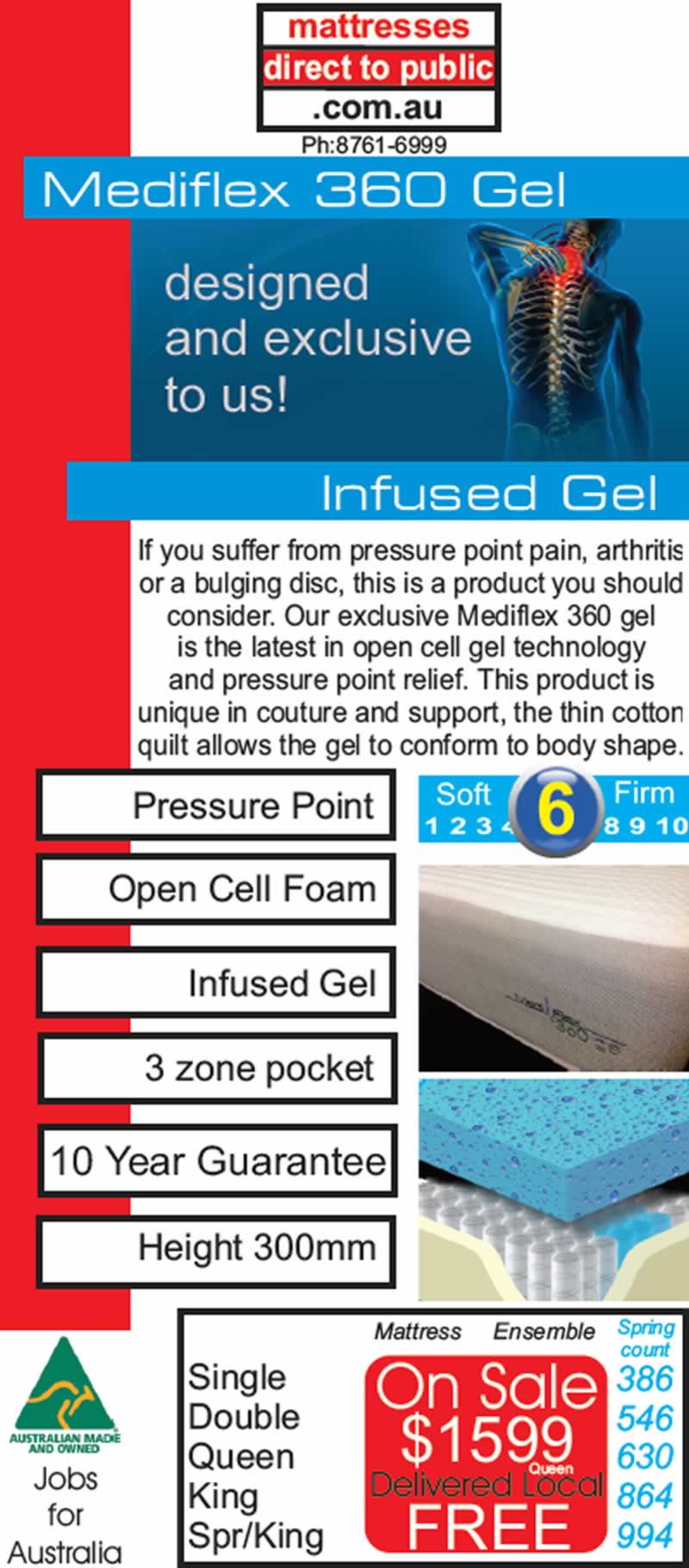
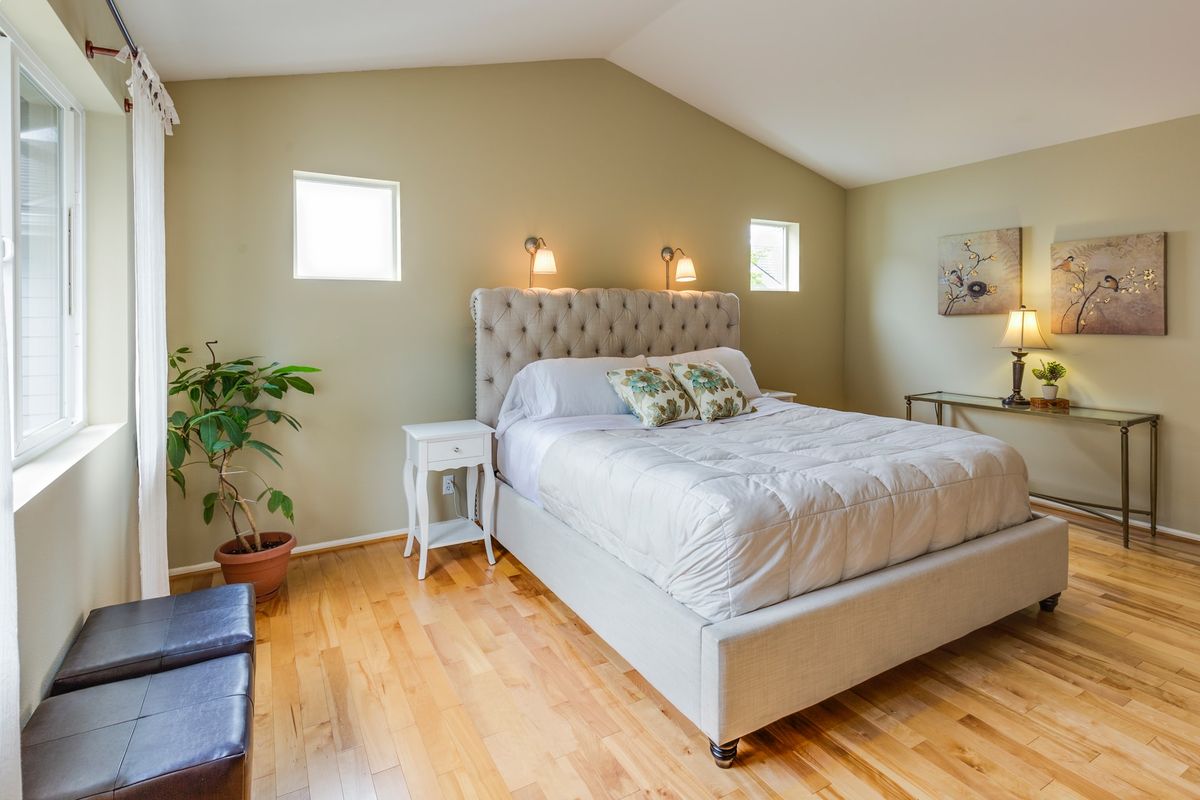
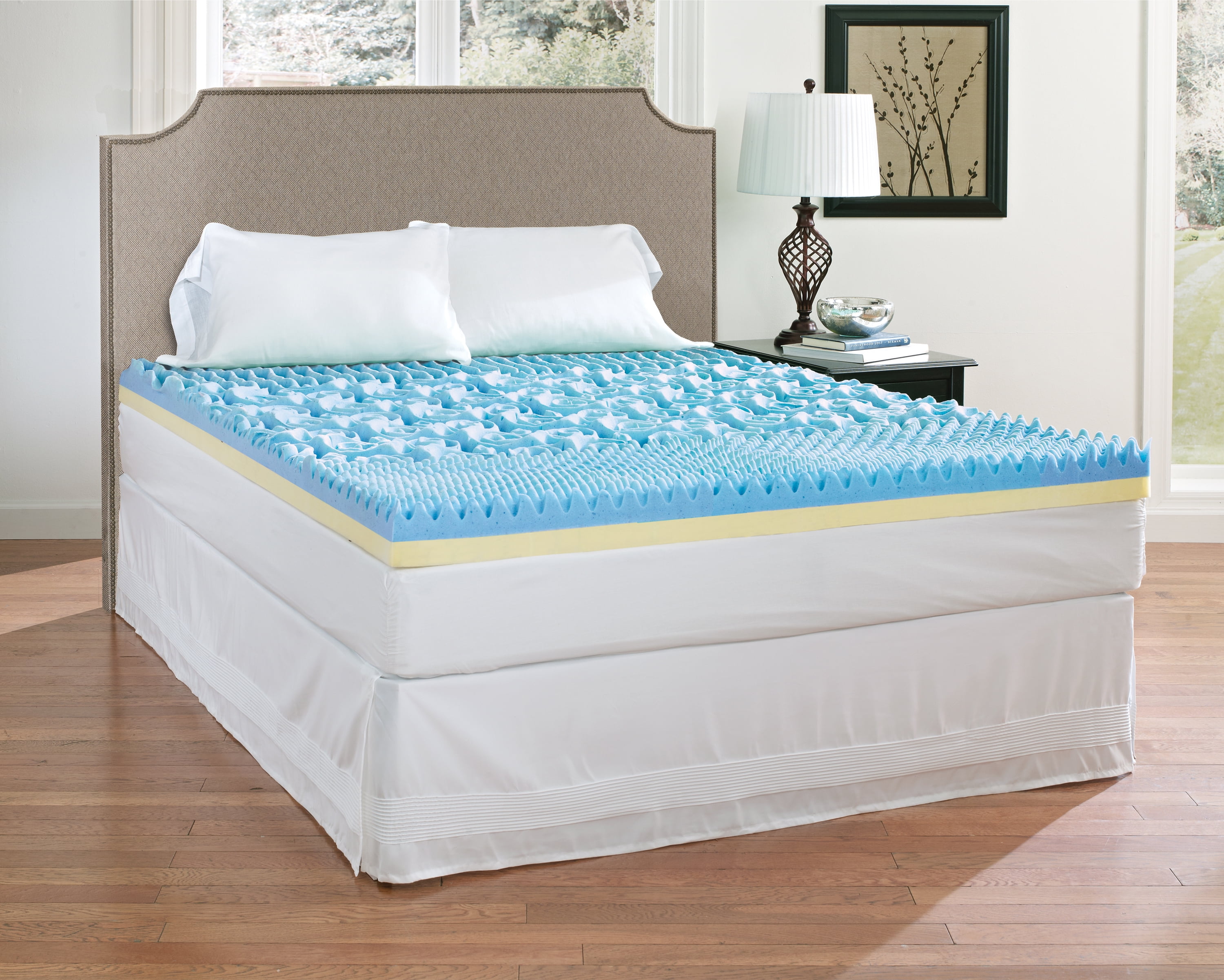
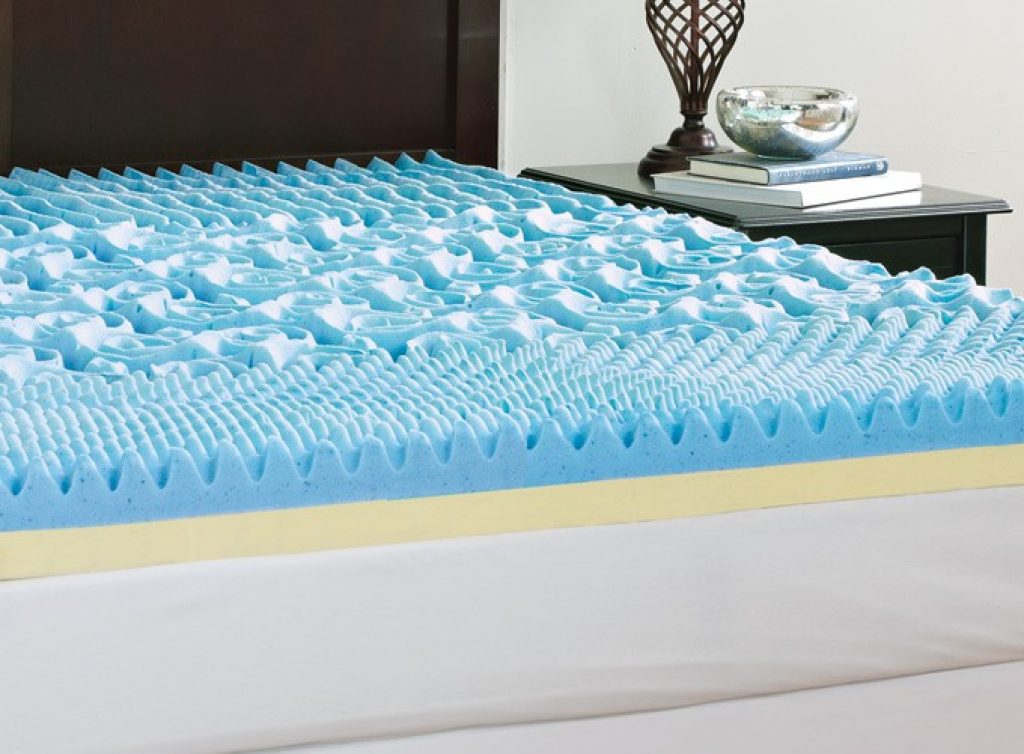
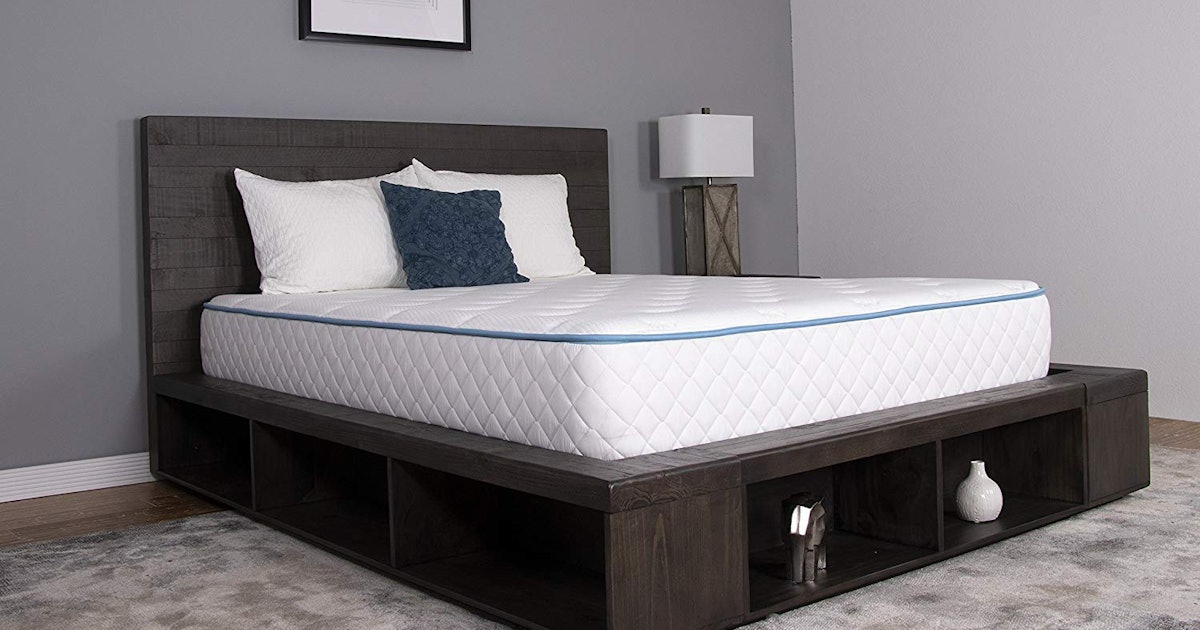

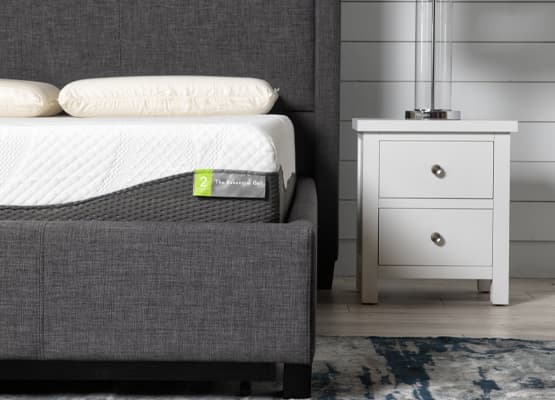
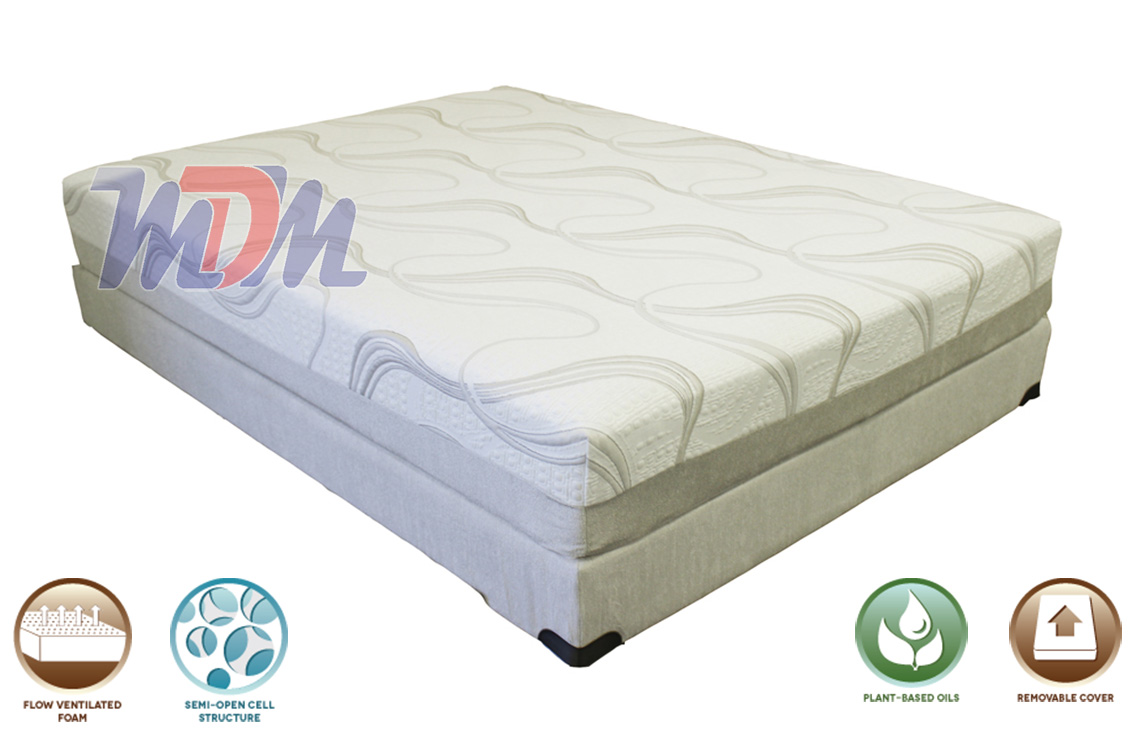
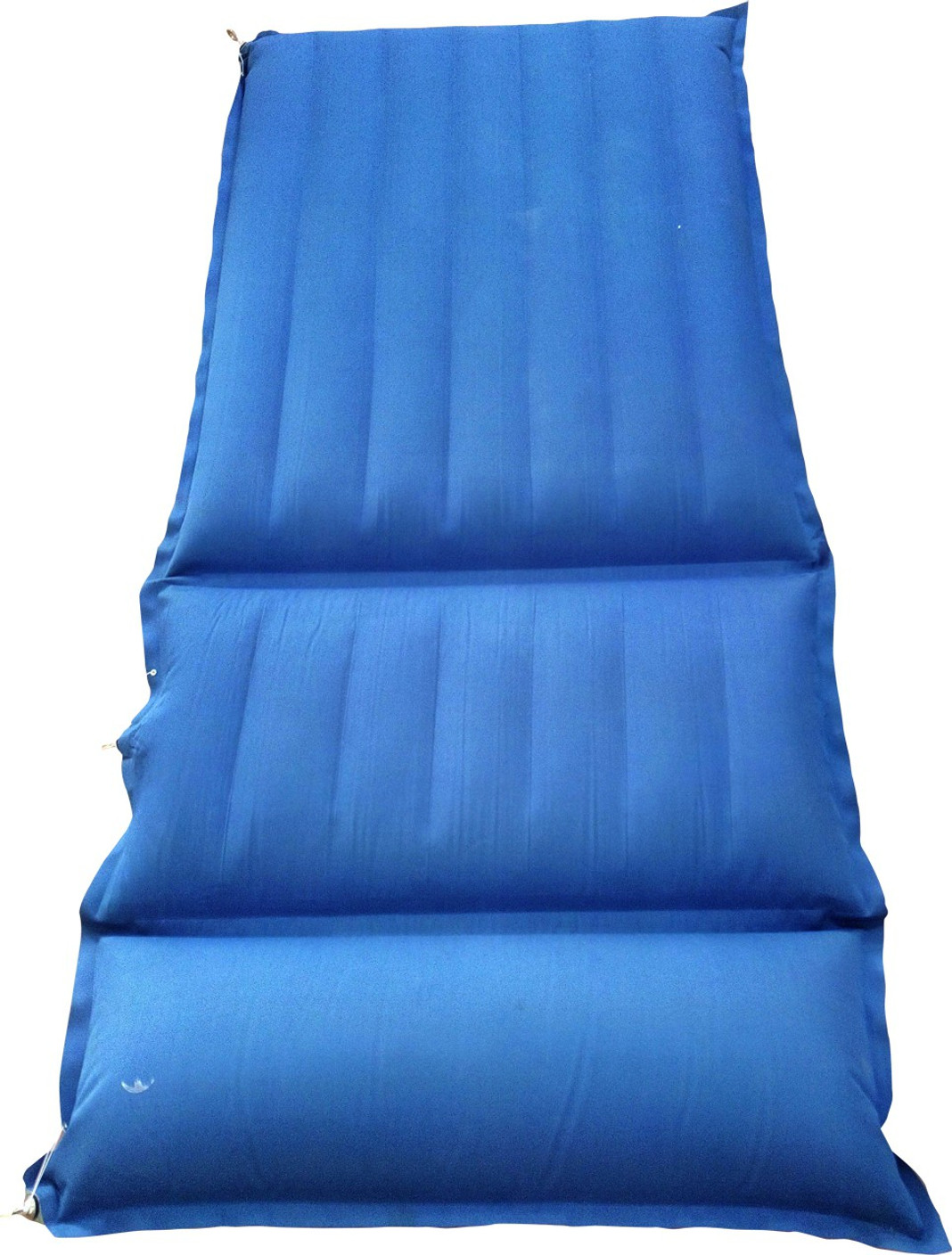

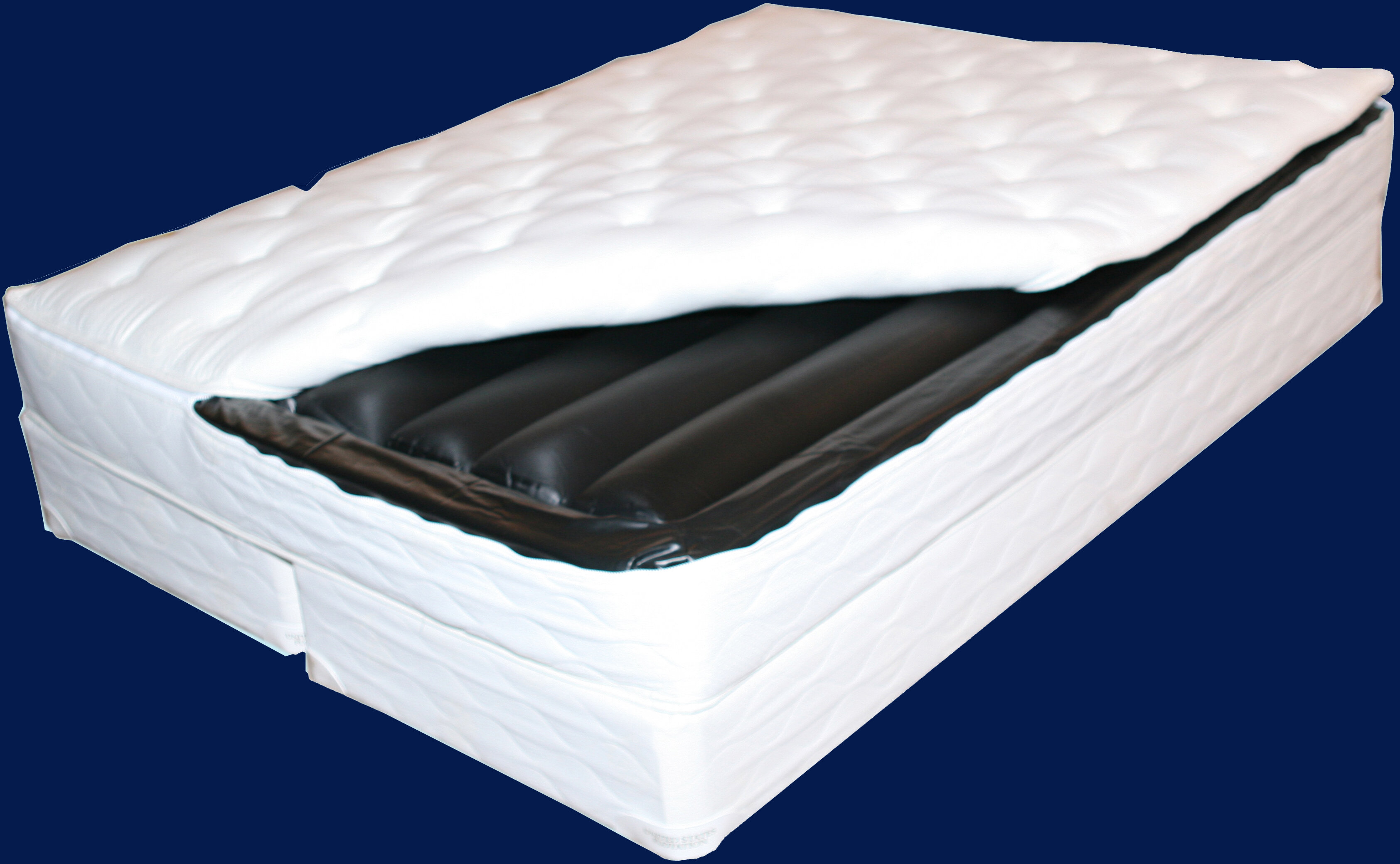

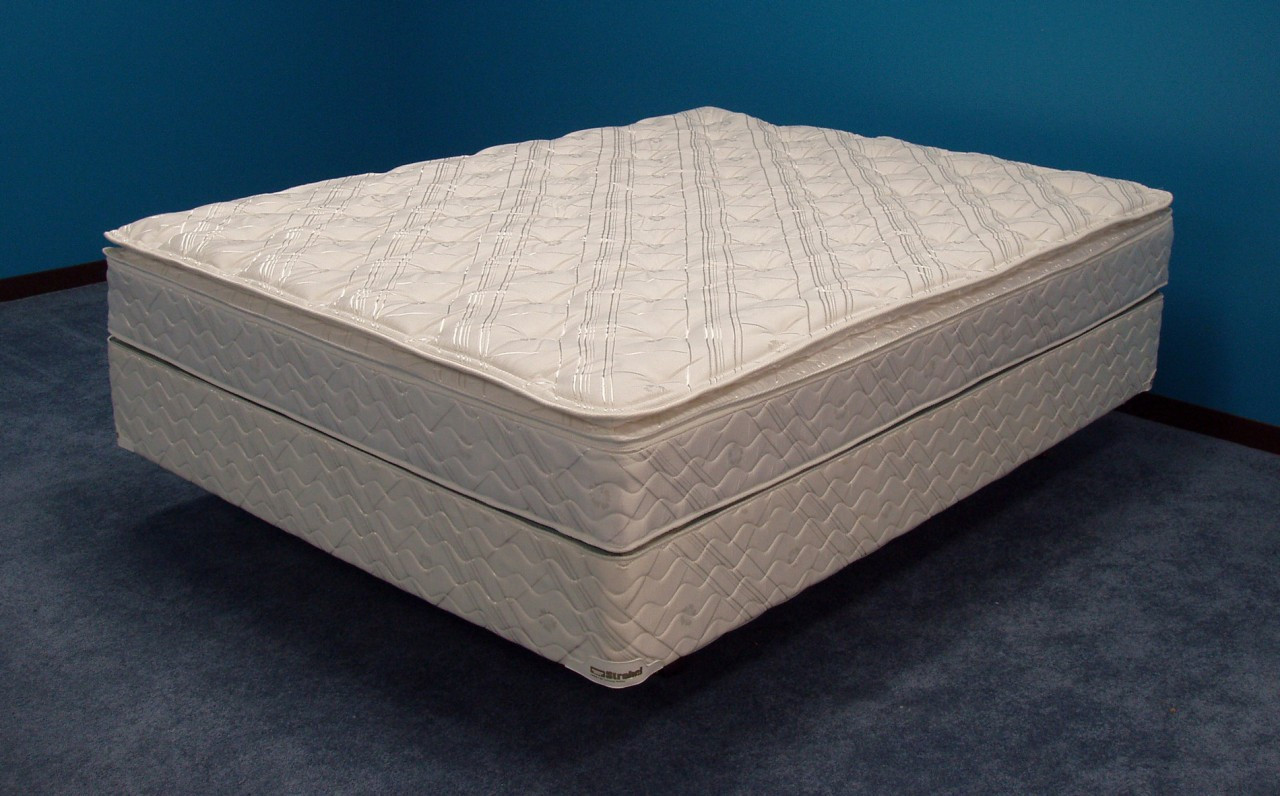
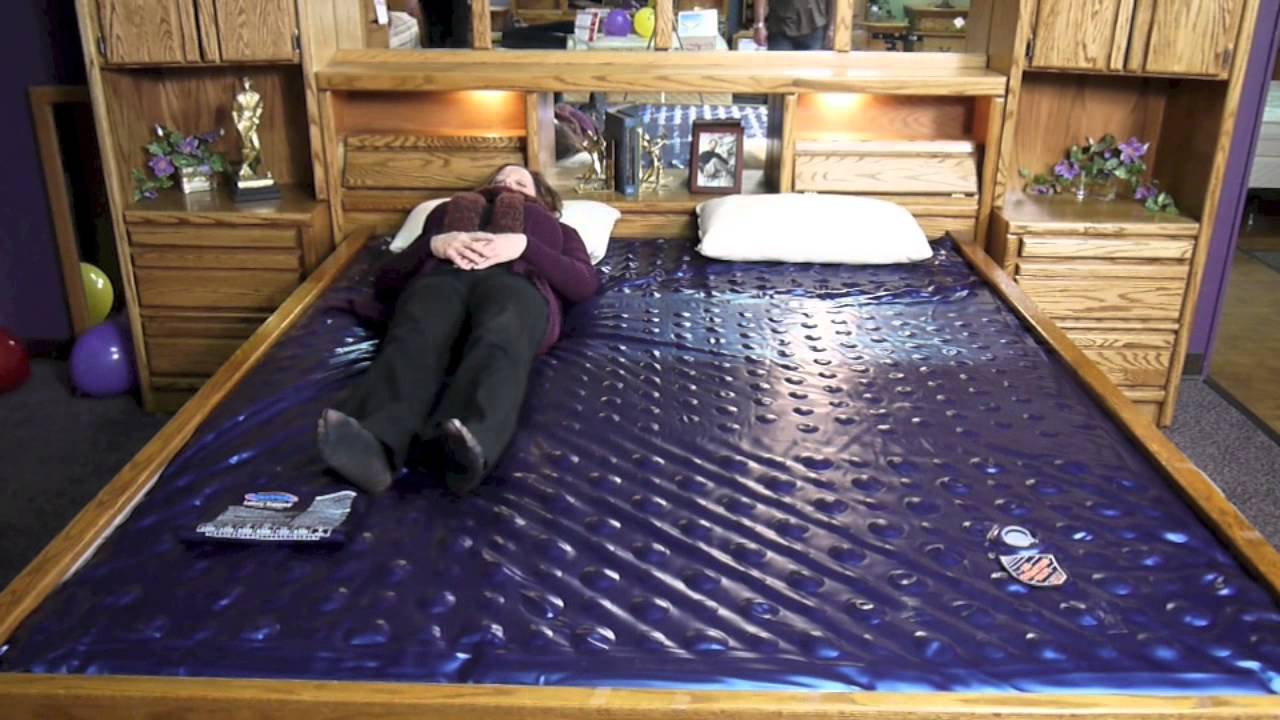
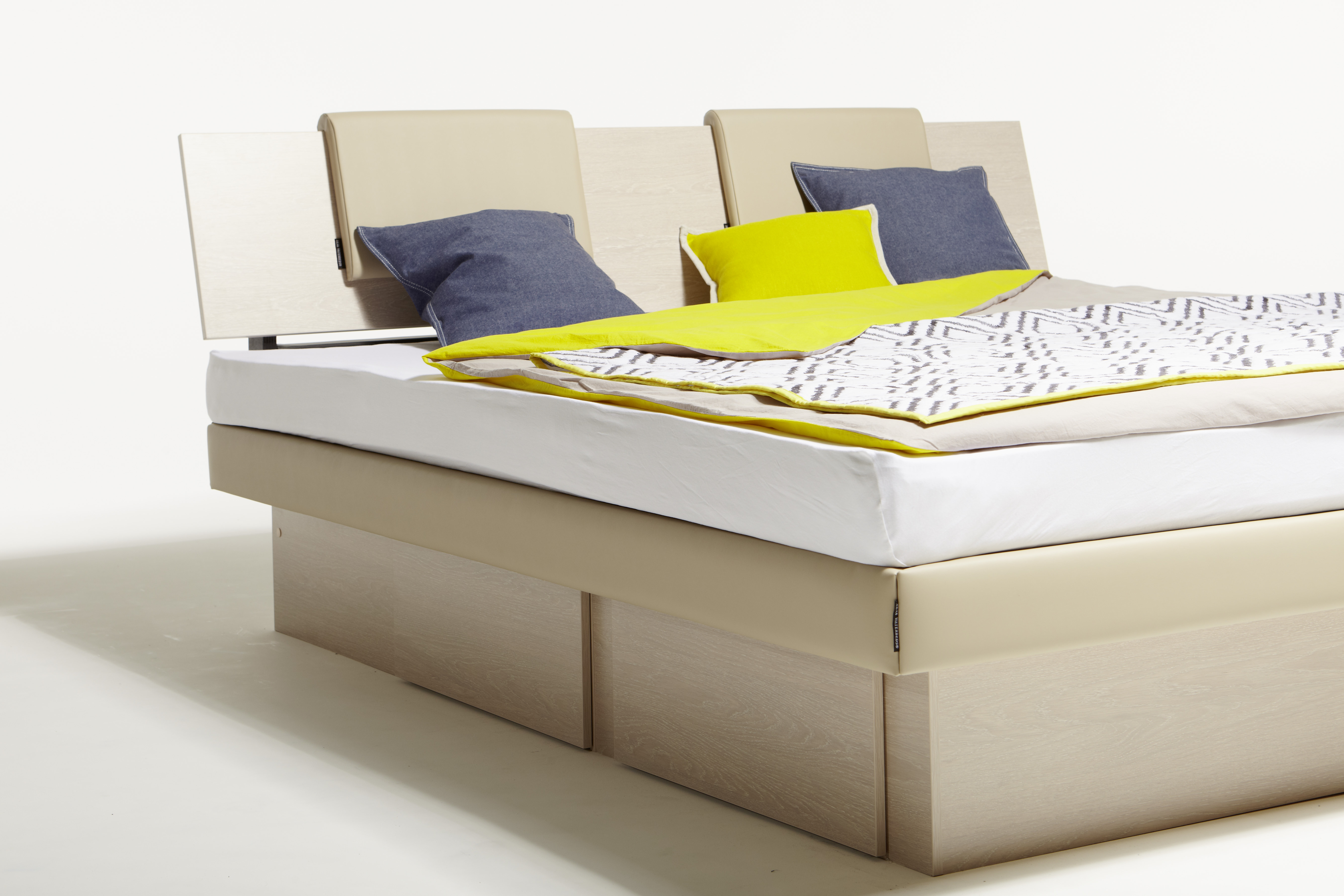



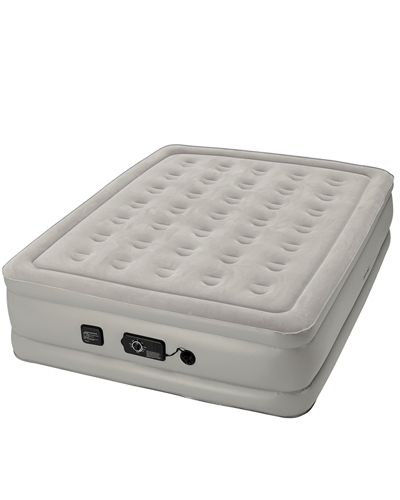

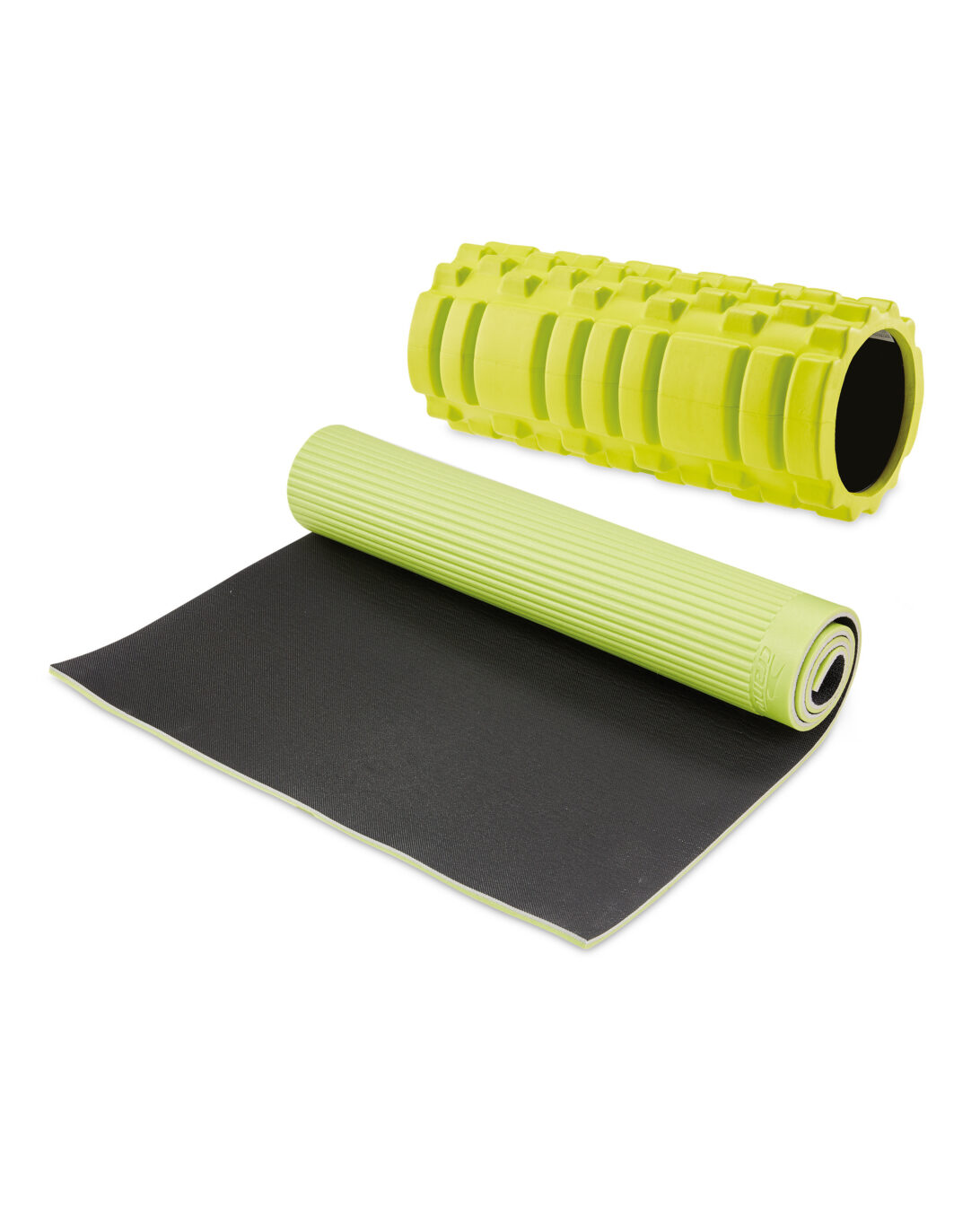
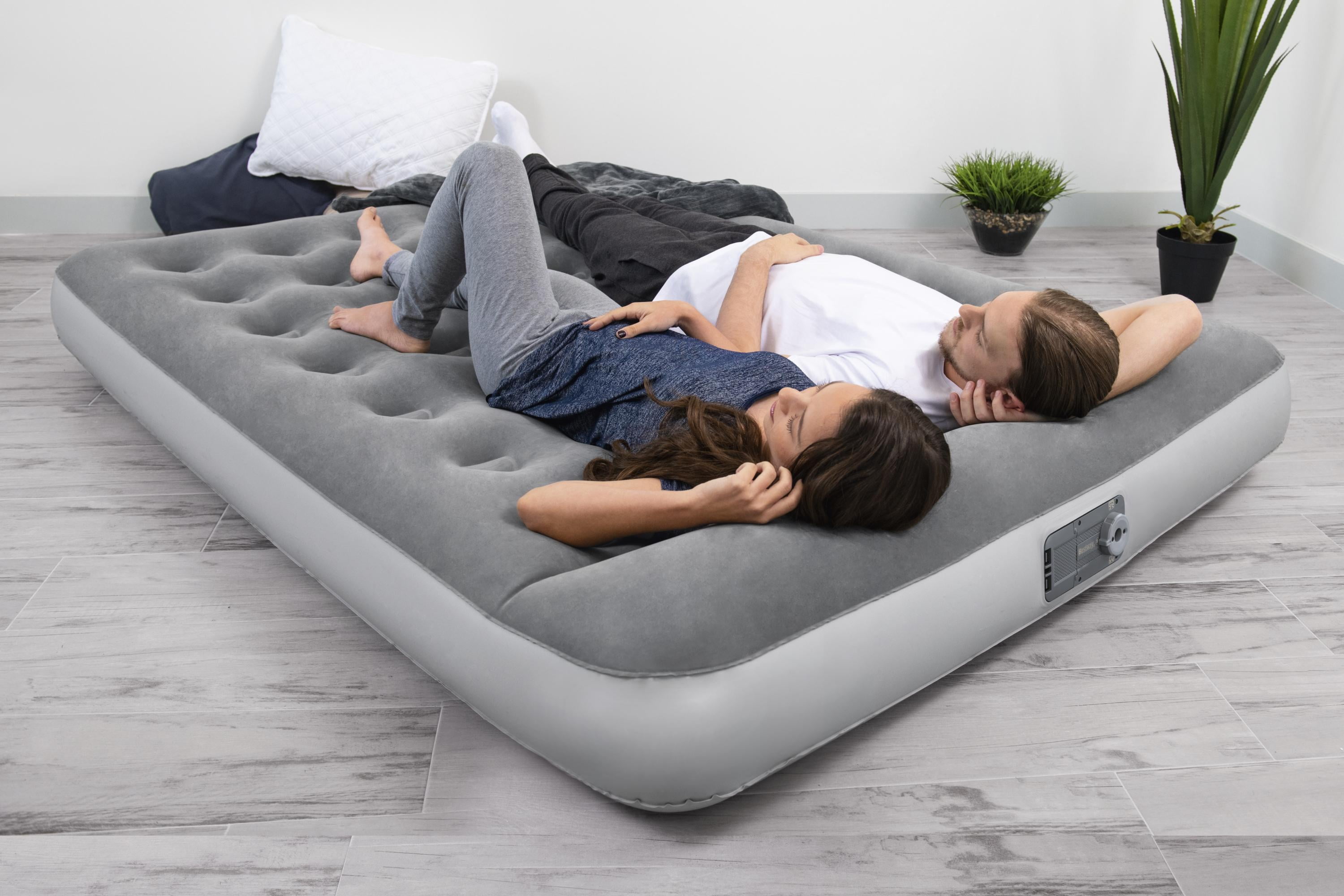
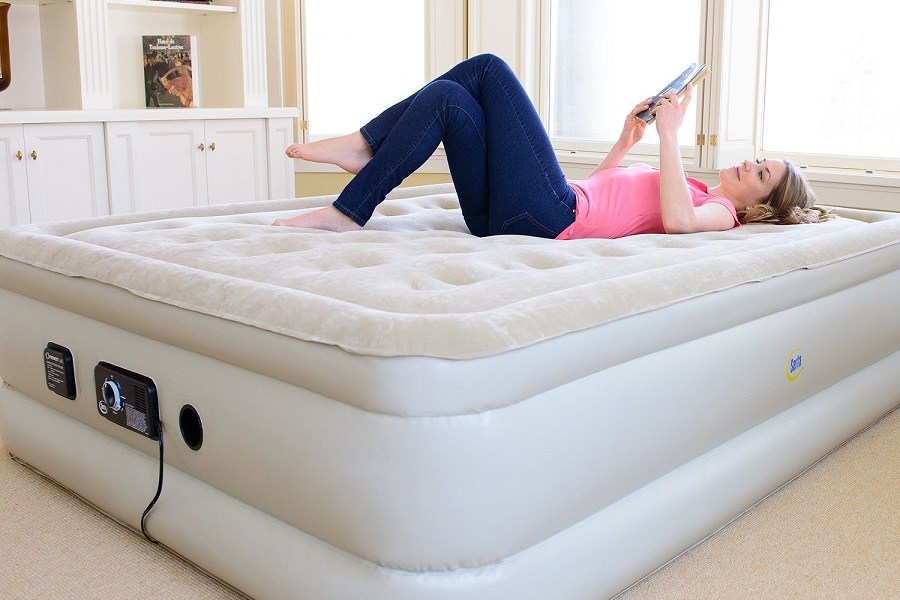
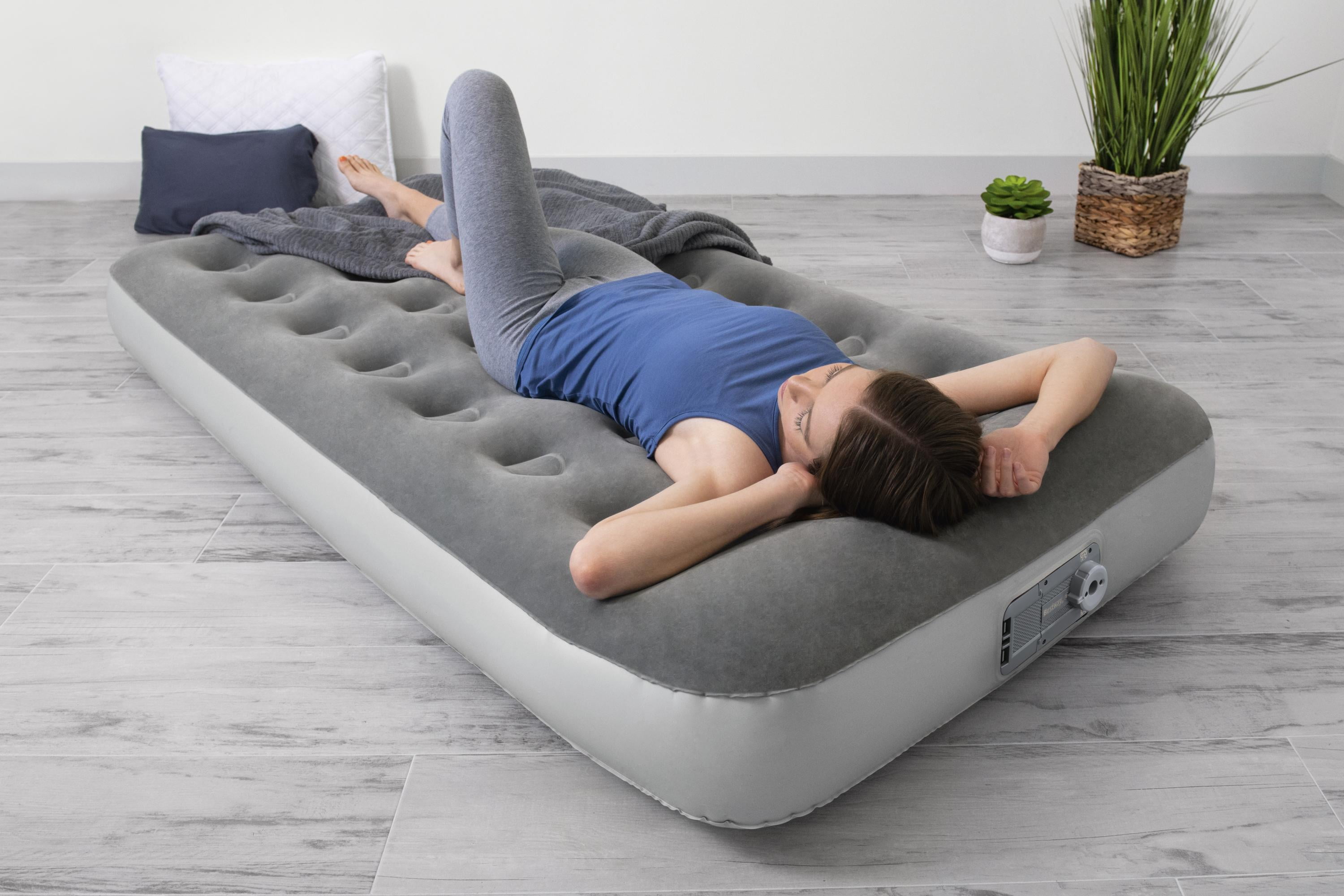
:max_bytes(150000):strip_icc()/71fe-exIuL._AC_SL1500_-72a97dee24104be99eda1c1f6e7c3939.jpg)
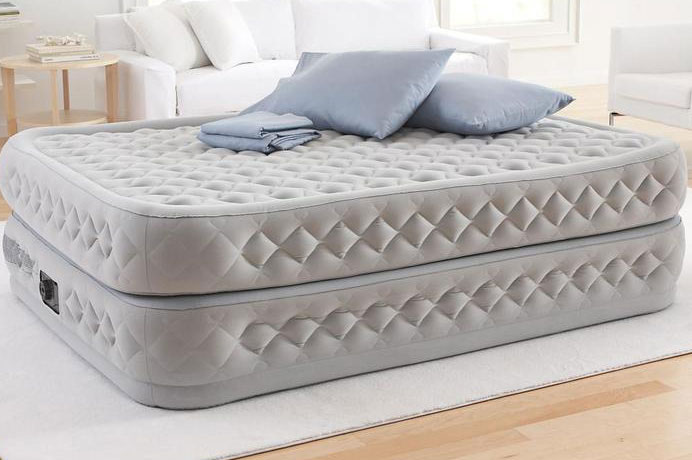

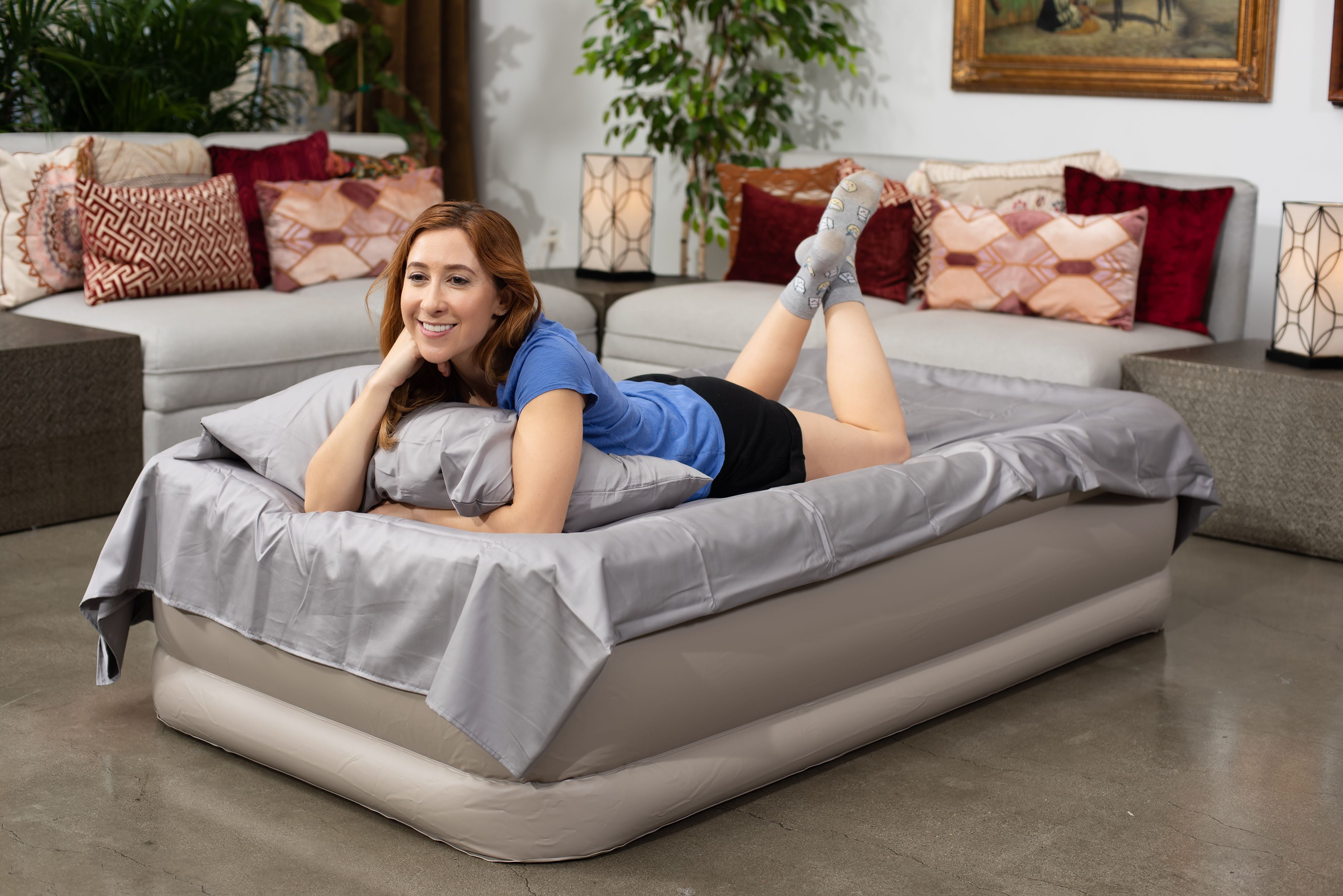


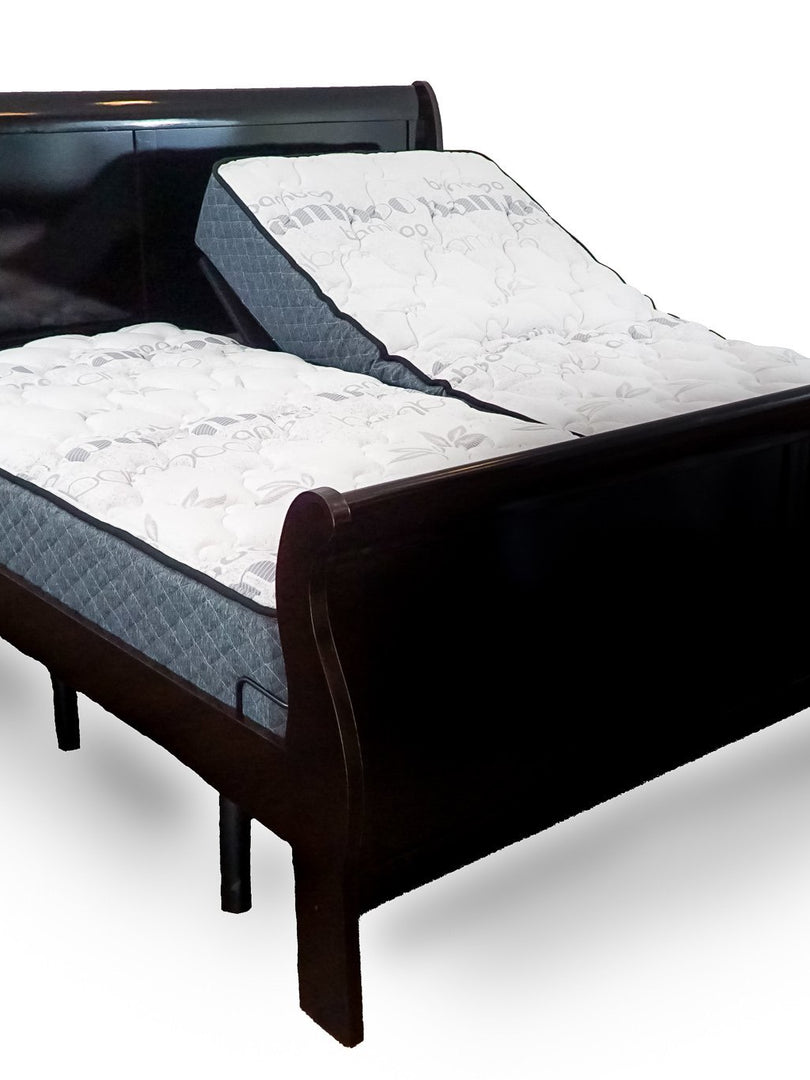
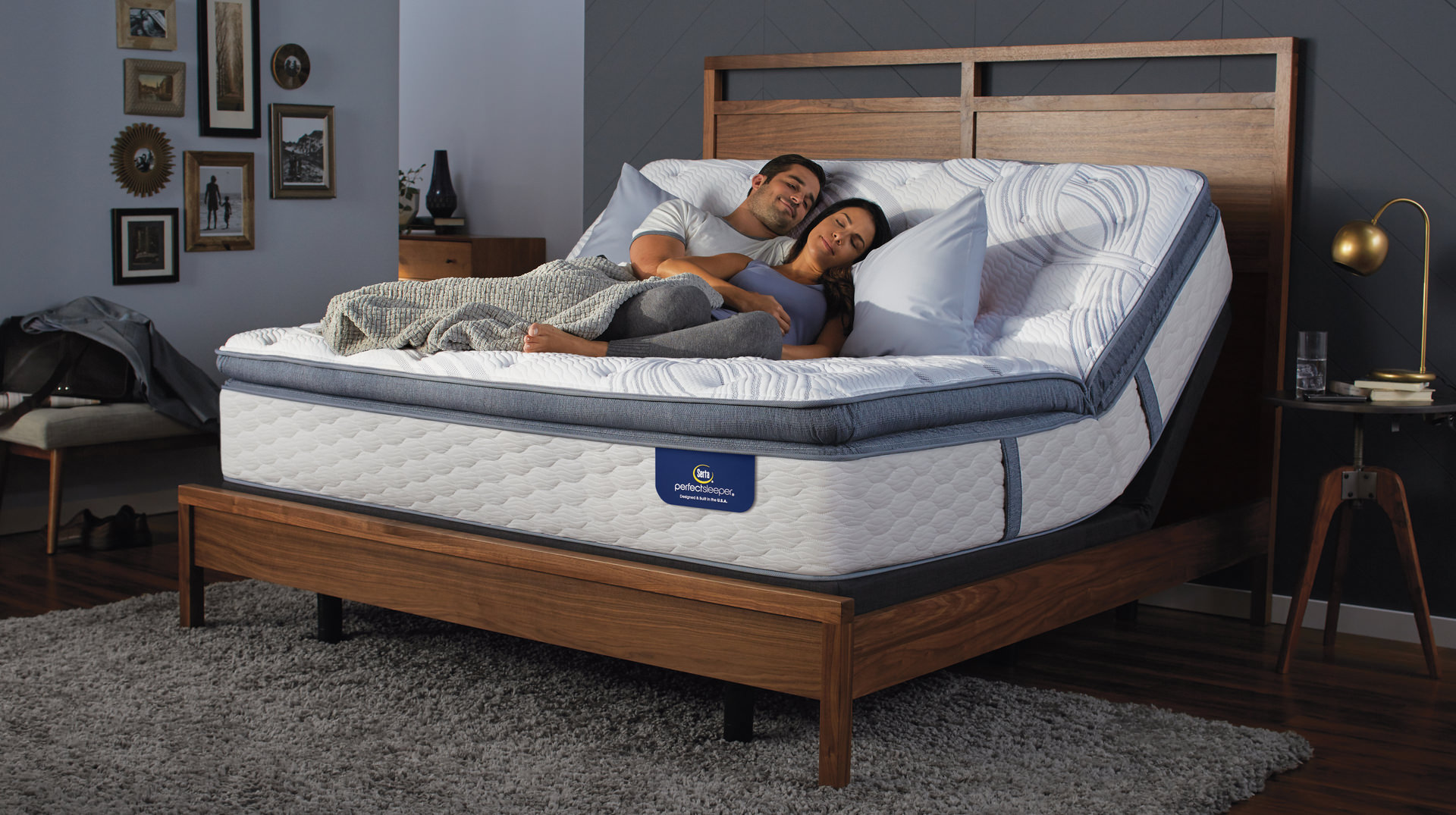


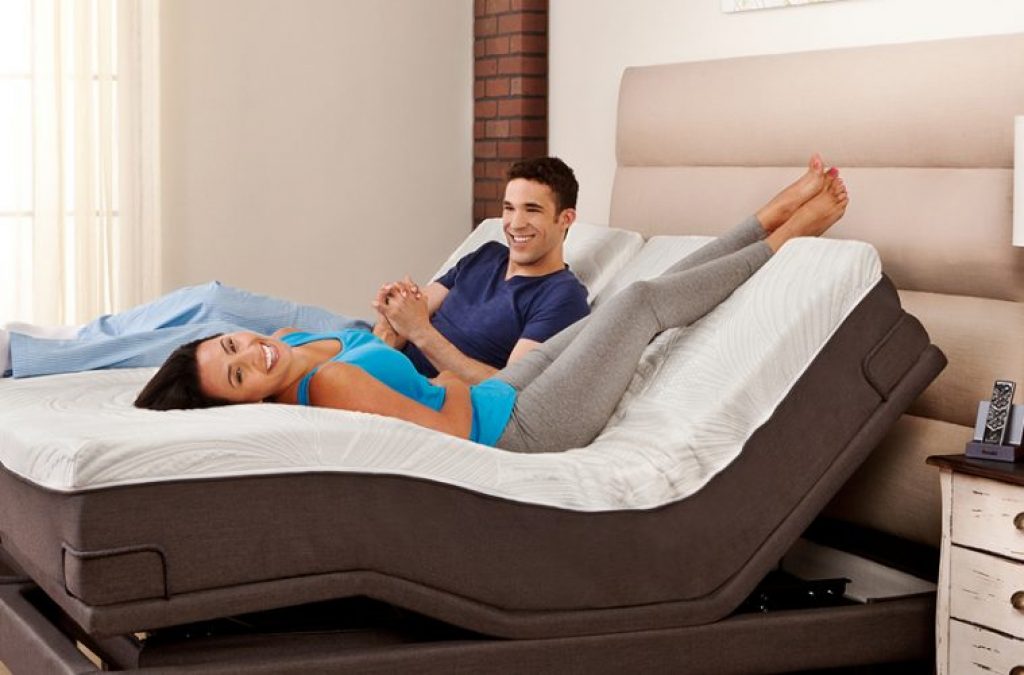
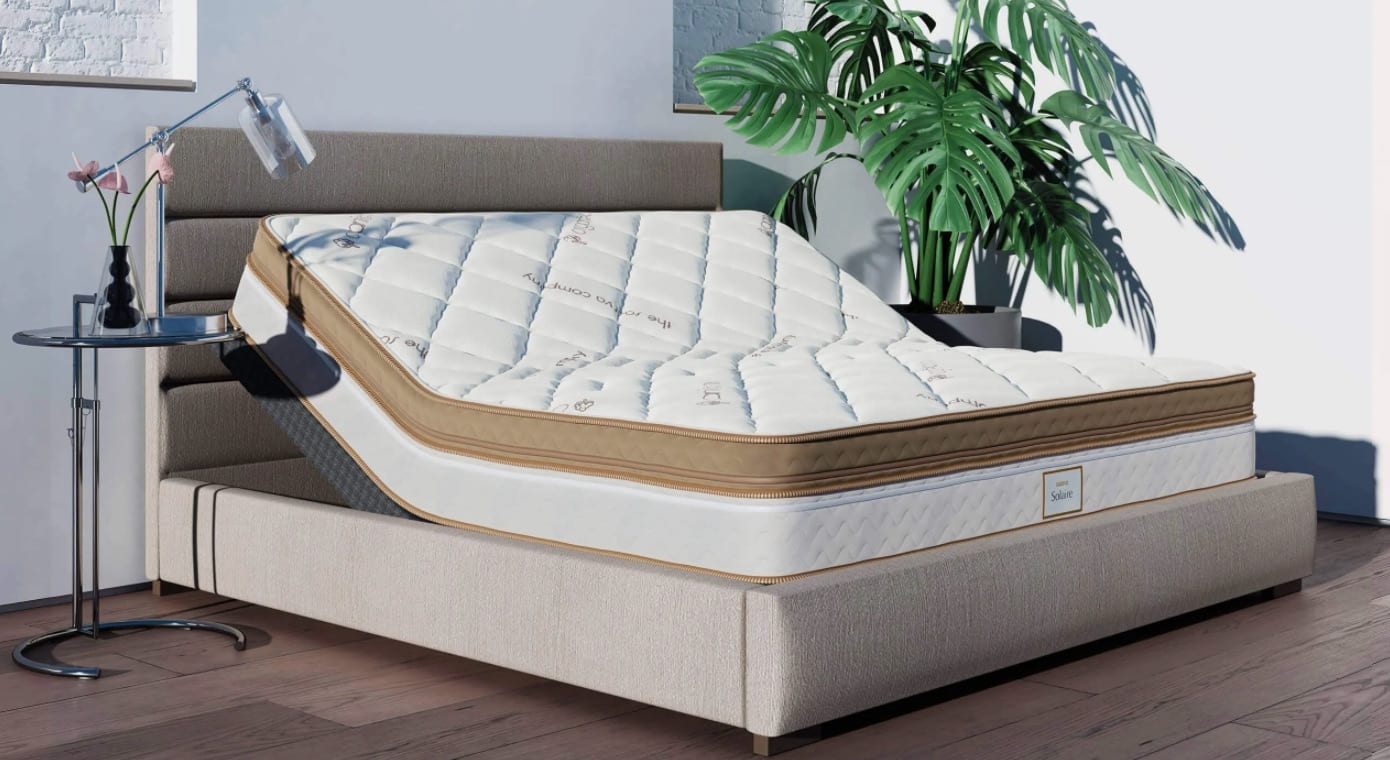
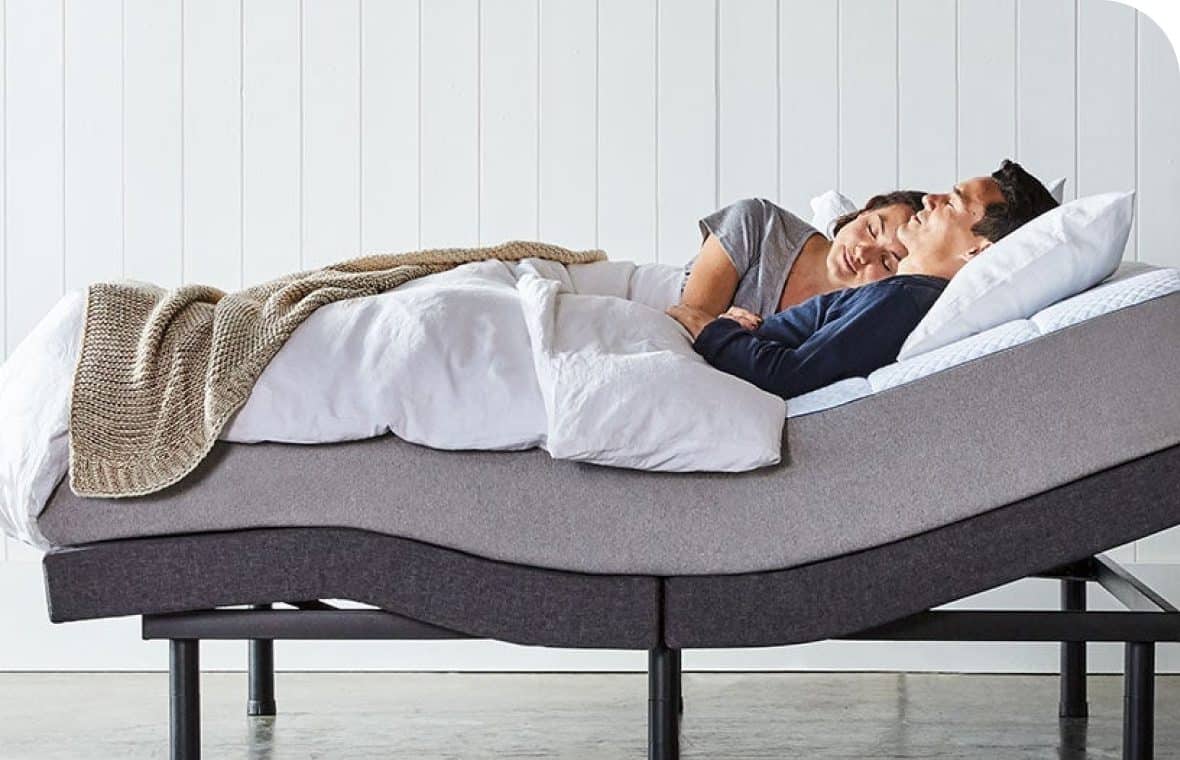

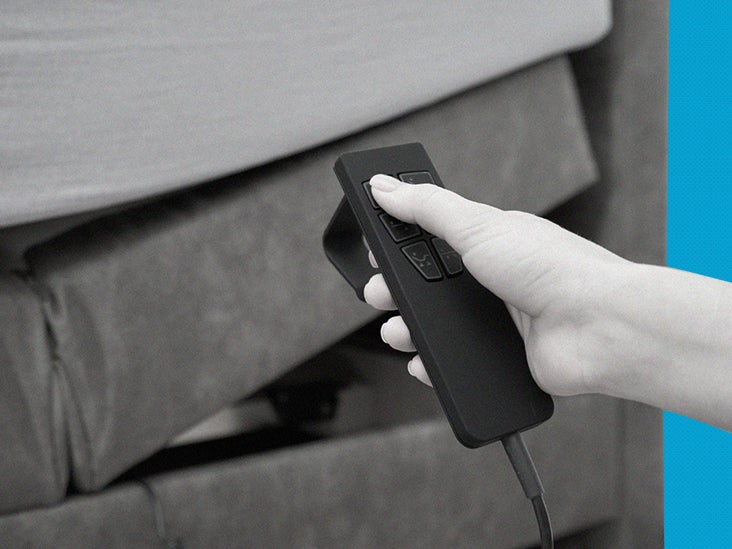



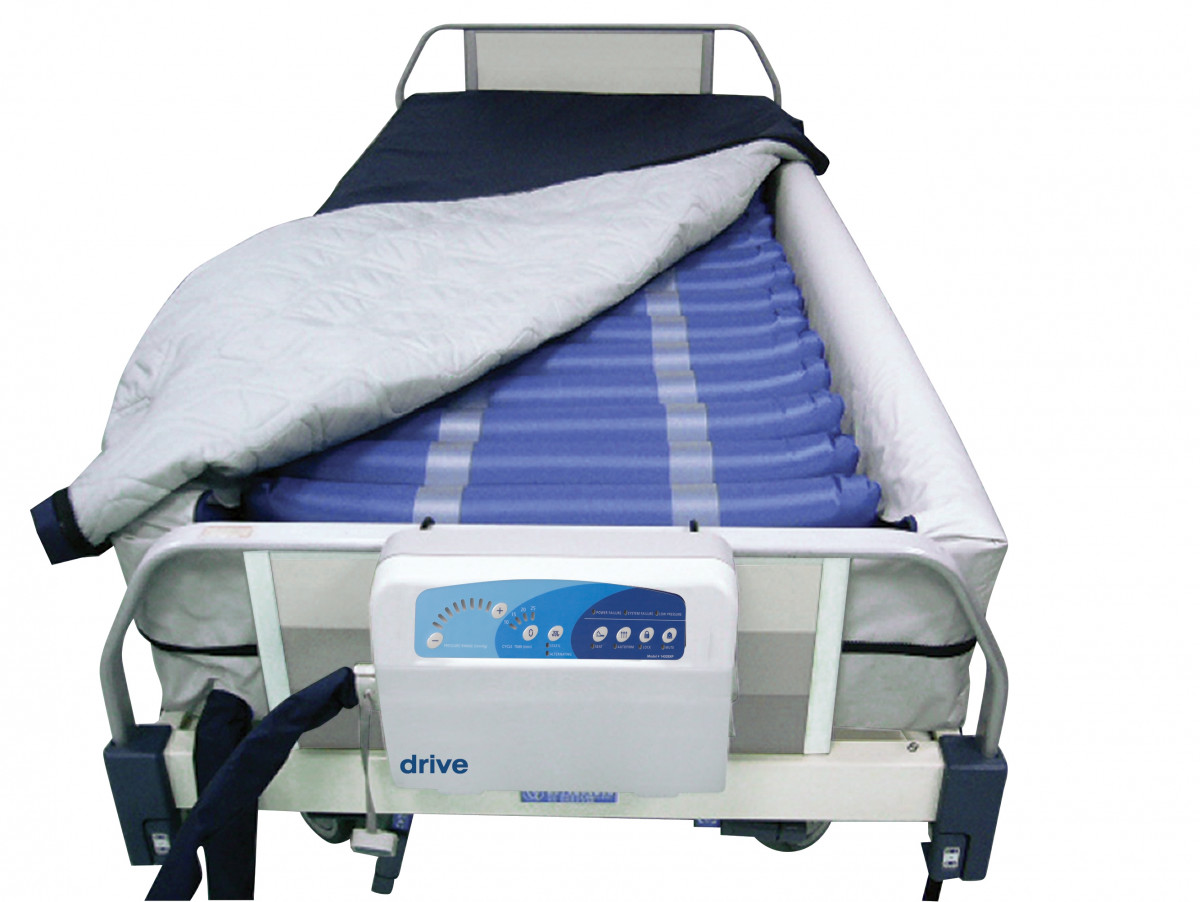
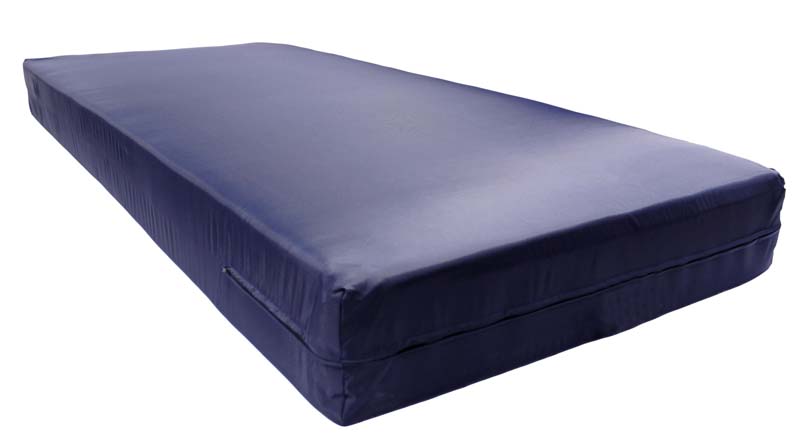

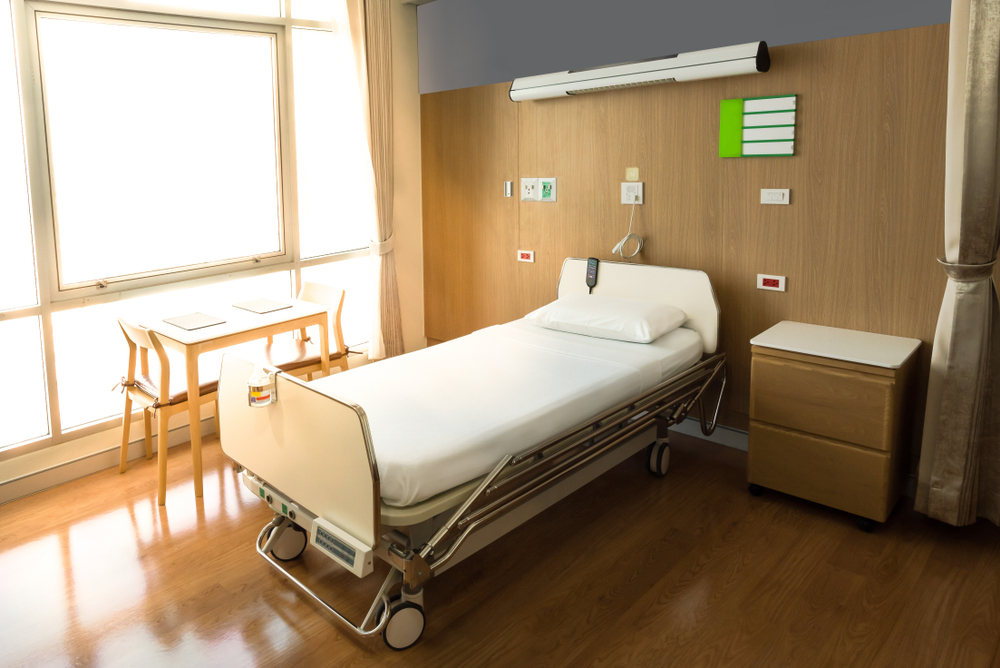



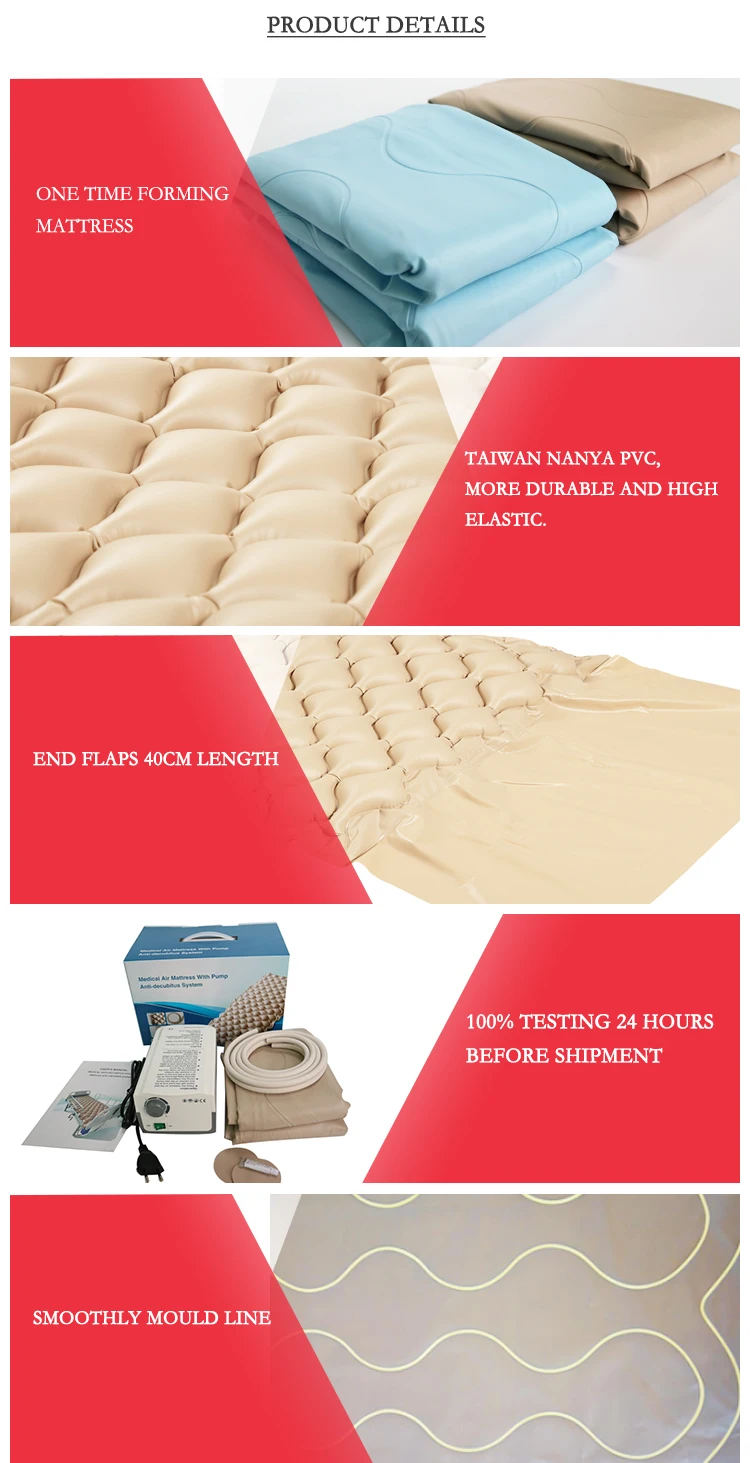
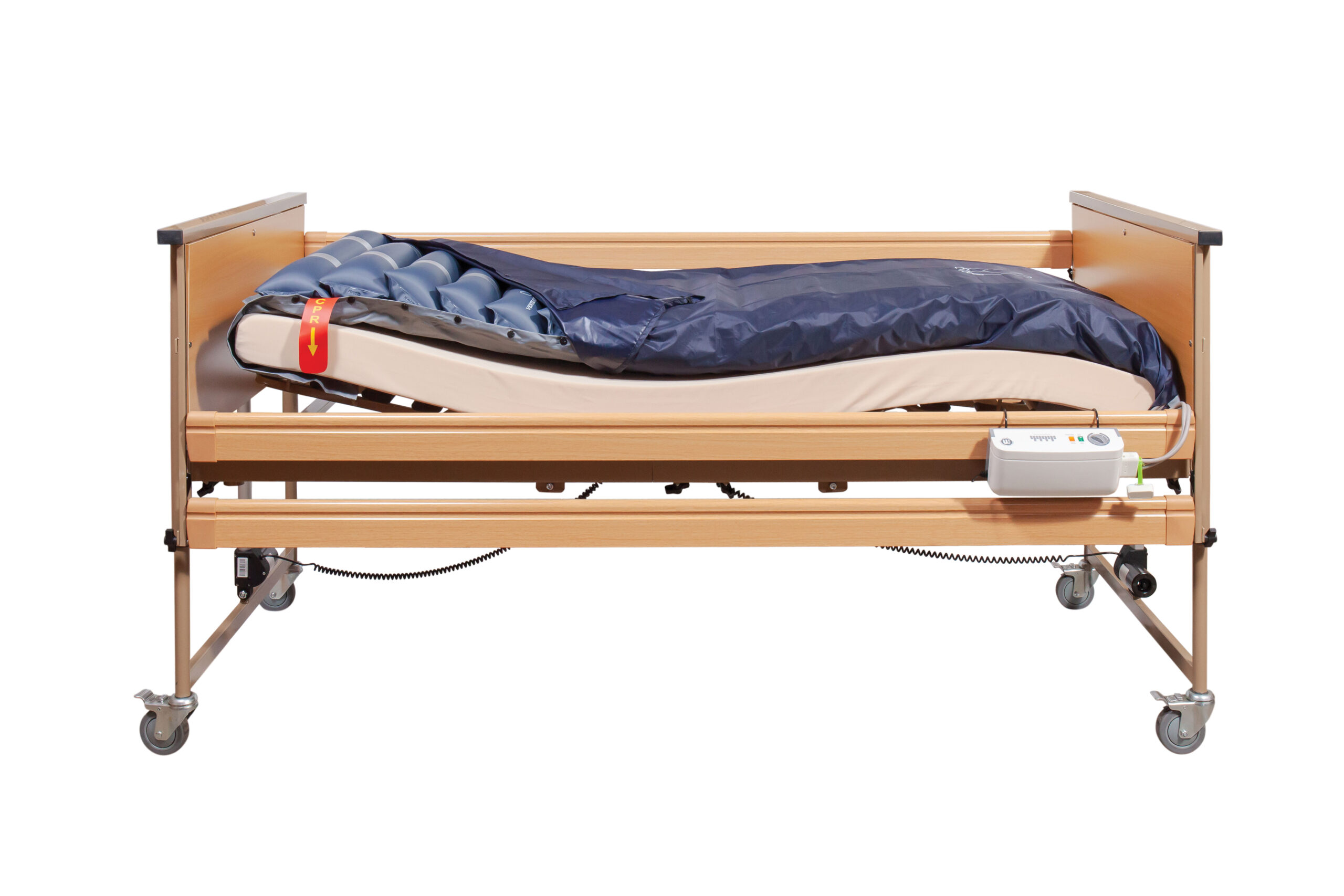





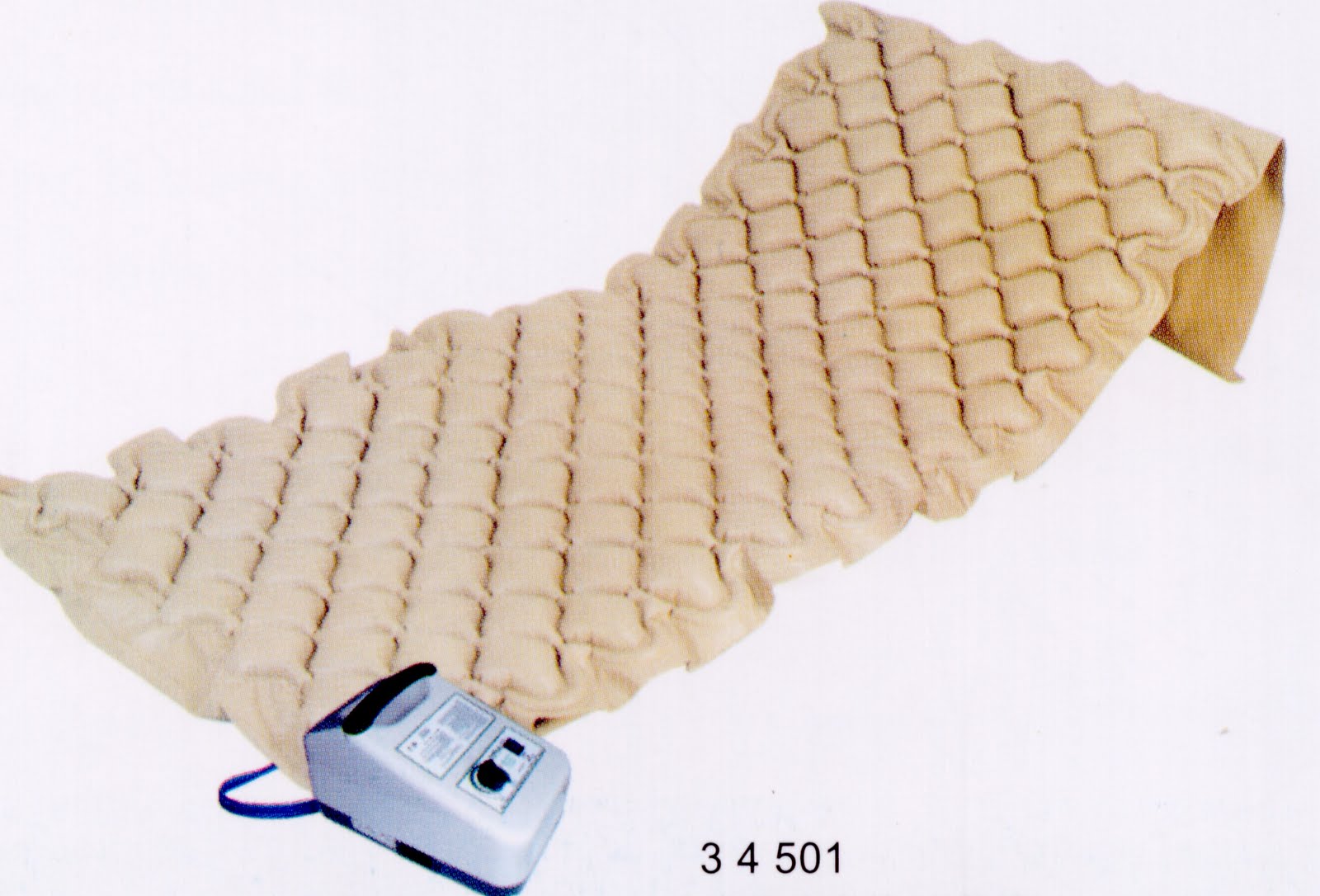




/small-living-room-ideas-4129044-hero-25cff5d762a94ccba3472eaca79e56cb.jpg)



